Description
Introduction to Agra Chak
Agra Chak, a small yet culturally vibrant village in the Jammu region of Jammu and Kashmir, offers visitors a glimpse into the traditional Dogri lifestyle. Known for its agricultural roots and rich local customs, Agra Chak is a serene retreat with a strong community spirit. This village is also home to the revered Puran Mandir, attracting pilgrims and visitors alike, making it a unique destination that combines spirituality with rural charm.
Naming History
In the village of Agra Chak, there was an elder named “Agra” who was the first to settle there. The king at that period gave him the land to live on, and he founded the village community. The term “Chak” was later added by the villagers, as it is used to denote “village” in their regional language (DOGRI). Because of Agra’s important role, the village was named Agra Chak in his honor. His story remains a key part of the village's history.
Population and Development
Agra Chak is a closely knit community with a population of approximately 1,901, according to the 2011 census. Agriculture is the backbone of its economy, and the village’s simplicity is mirrored in its lifestyle. Infrastructure is modest yet functional, with local roads, basic healthcare centers, and a government school providing essential services to residents. Though small, Agra Chak is gradually developing, focusing on maintaining its cultural heritage while improving the quality of life for its people.
Cultural Heritage and Traditions
The people of Agra Chak, primarily Dogri-speaking Hindus, hold a strong attachment to their traditions and festivals. Major celebrations include Diwali, Holi, and local harvest festivals, where the community gathers to participate in traditional rituals, dress in colorful attire, and share homemade dishes. The village's unique practices and attire, like sarees and kurta-pajamas, reflect its heritage, and community life is steeped in mutual respect, storytelling, and the preservation of Dogri customs.
Historical Account: Puran Mandir
A highlight of Agra Chak's history is the Puran Mandir, a sacred temple with a sacred well, believed to bless couples seeking to conceive. This temple, held in great reverence, is a historical and spiritual cornerstone of the village. The temple not only attracts local worshippers but also visitors from surrounding areas who are drawn by its spiritual significance and the legends that surround it.
Well Story: The "WELL" near the ‘Puran Mandir’ is steeped in local legend
According to the villagers’ beliefs, the well was discovered by a sage who was guided by divine signs to dig at that specific location. It is believed that the well’s water possesses sacred qualities and has been a source of blessings for childless married couples/villagers over generations. To do so, people bathe in the well's sacred water and then pray in the temple to have the blessing. Therefore, the well is often associated with spiritual practices and is considered an integral part of the temple's sacred landscape.
Scenic Beauty and Natural Surroundings
Nestled among lush fields and scenic landscapes, Agra Chak provides visitors with peaceful views of rural life, especially during the monsoon season when the village is green with crops like paddy, okra, and pumpkins. The tranquil environment, clean air, and natural beauty make Agra Chak an ideal destination for those looking to experience the calm of rural landscapes.
Culinary Heritage: Local Dishes and Delicacies
The cuisine in Agra Chak is a delightful blend of Dogri and Punjabi flavors, known for its warmth and authenticity. Traditional dishes include:
Rajma Chawal – A staple dish of rice and kidney beans.
Sund Panjeeri (Rich in Dry Fruits): A traditional sweet made from roasted wheat flour, sugar, and dry fruits, it is prepared during festivals and is known for its qualities.
Auriya – Lotus stem curry, a local delicacy.
Ambal – A sweet-and-sour pumpkin preparation.
Kaladi Kulcha – A unique fried cheese served with bread. Local meals are often enjoyed during festivals or prepared by families for visiting guests, making it a culinary experience rooted in homestyle cooking and communal sharing.
Lifestyle and Values
Life in Agra Chak is defined by simplicity and a close connection to the land. Agriculture remains the primary occupation, with many families engaged in farming, livestock rearing, and dairy production. Family and community bonds are strong, with villagers often gathering for evening storytelling sessions, community rituals, and traditional music. Houses are built from local materials and reflect a functional, rural design, while daily life revolves around early morning farming, household chores, and community events.
Economy and Occupations
Agra Chak’s economy revolves around agriculture, with small-scale businesses like local shops and dairy farming supporting the community. Villagers are largely self-reliant, growing their own food and producing essential dairy products. Some families also engage in traditional crafts, adding diversity to the village economy and preserving skills passed down through generations.
Brick Kilns
This in Agra Chak also plays a crucial role in local construction, producing high-quality bricks through traditional and modern methods. These kilns are essential for meeting the demand for building materials in the region.
Education and Child Care
Educational facilities are typically limited due to the village's small size. Although, there are more challenges in getting basic education for children.
Local Schools are available for education up to the 8th Standard, covering subjects like reading, writing, and basic science, with parents encouraging regular attendance.
Despite challenges, a growing mentality on education to improve future opportunities for the younger generation.
Girls are provided with better facilities and have the right to proper education. There is no child marriage, ensuring that girls can pursue their education without early marriage pressures. Additionally, one can visit the nearby village or a more developed town and travel there daily for a better education.
I.C.D.S Project
The Anganwadi Center in the village offers “free” education to children, providing crucial support to families who cannot afford schooling. This initiative ensures that all children have access to early education, regardless of their financial situation.
Accessibility and Transportation
Agra Chak is accessible by road, with nearby towns like R.S. Pura serving as points of connection. While public transport options within the village are limited, visitors can reach Agra Chak by bus or private vehicle. The lack of formal accommodation in the village means that travelers often stay in nearby towns, experiencing Agra Chak’s rural charm during day visits.
Health and Well-being
Health services in Agra Chak include some private chemist shops owned by locals, with residents traveling to larger towns for more specialized care. Although there are no formal wellness or fitness centers, the active farming lifestyle and nutritious, homegrown diet contribute to a generally healthy population.
Arts and Cultural Contributions
While Agra Chak is a small village with limited formal cultural venues, traditional music and dance hold a special place in community life, especially during festivals and gatherings. Folk music and storytelling are popular forms of entertainment, and these practices help to preserve the village's cultural heritage, passing down stories and values from generation to generation.
Community Gatherings and Festivals
Festivals and religious gatherings are central to Agra Chak's social life, with events like the annual Kuldevta Bhandara, a community feast honoring local deities, and family-oriented festivals that bring villagers together. These events serve as occasions for social bonding and collective celebration, reinforcing the values of unity and respect.
Environmental and Waste Practices
Agra Chak currently lacks formal waste management systems, leading to significant environmental challenges. Villagers often dispose of garbage in an old well, which has become polluted over time due to continuous dumping. Additionally, some waste is scattered around the fields, impacting the natural landscape. Efforts to address these issues are minimal, and the lack of awareness and infrastructure for waste disposal has created ongoing environmental concerns, affecting the cleanliness and health of the surroundings.
Sports and Recreation
Agra Chak is passionate about sports like cricket, kho-kho, and local games, particularly among the youth. School events often include competitions like relay races and kabaddi, encouraging physical fitness and friendly competition. While there are no dedicated sports facilities, open fields serve as communal spaces for recreational activities and sporting events.
Local Wildlife and Biodiversity
Agra Chak, located in the plains, has limited wildlife, primarily consisting of domestic animals like cows, goats, and buffaloes, as well as reptiles. However, the village’s proximity to the Gharana Wetland, just 6.1 kilometers away, offers unique opportunities for wildlife enthusiasts. Gharana Wetland is a critical habitat for approximately 65 species of resident and migratory birds, including bar-headed geese, gadwalls, northern pintails, northern shovelers, white-breasted ibis, and Eurasian wigeons. This nearby wetland provides a rich glimpse into the region's biodiversity, drawing bird watchers and nature lovers to experience the vibrant seasonal gatherings of these species.
Water and Electricity Challenges
Current Supply Status: “Arga Chak” experienced irregular and limited electricity supply due to infrastructure challenges.
Water Supply Challenges: Without electricity, residents have to collect water using handpumps manually or travel to dams, making the process labor-intensive and inconvenient, making the villagers dependent on electricity.
Frequent Power Outages: Residents experience regular power interruptions due to outdated infrastructure and inadequate maintenance.
Alternative Water Sources: In the absence of power, people gather water from alternative sources and transport it in buckets, which is time-consuming and inefficient.
Infrastructure Issues: The reliance on underground motors and outdated systems highlights the need for improved and more reliable electricity and water infrastructure.
High Costs: The cost of electricity is high relative to residents’ income, creating financial strain.
Photos
Videos
Location Map
Contact Information
| Address |
Chak Agra, R.S. Pura, Jammu, J&K - 181102 |
| Phone Number |
9797544327 |
| Email Address |
Reviews (2)


Nice presentation.

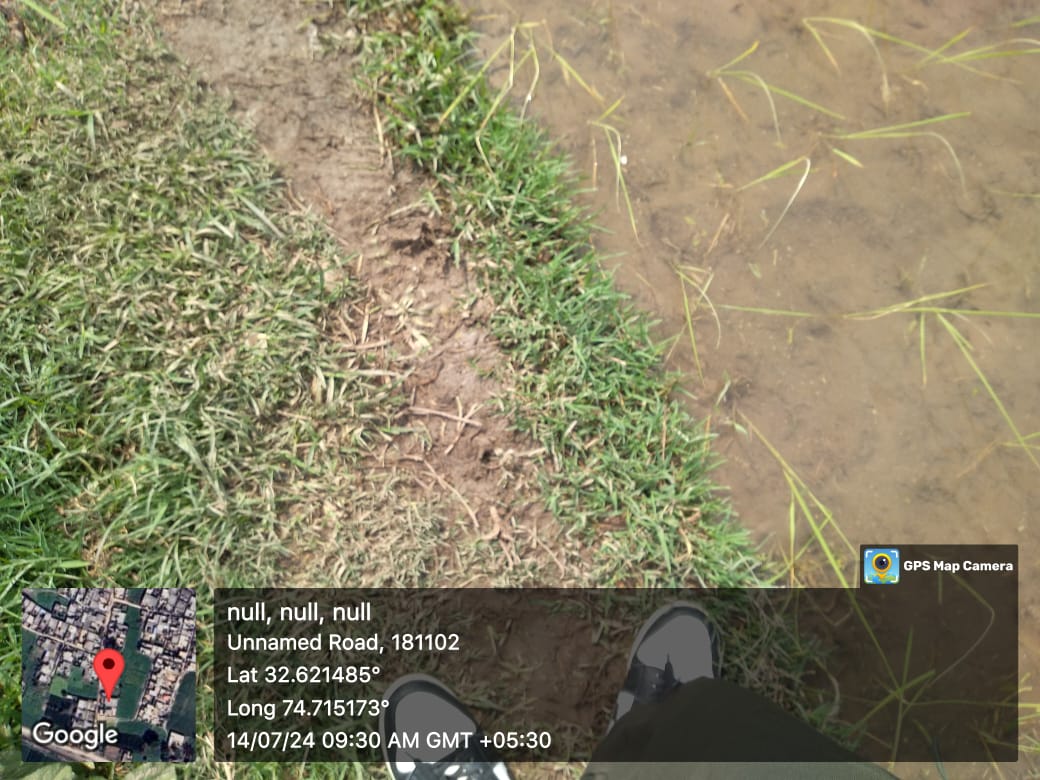
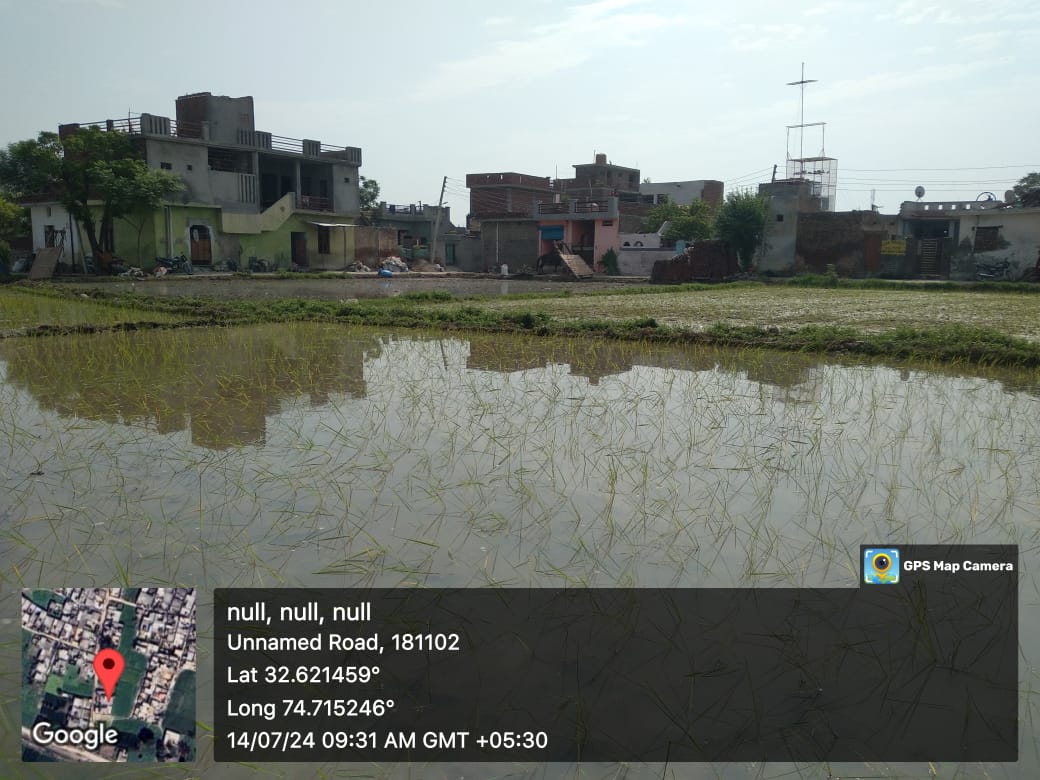
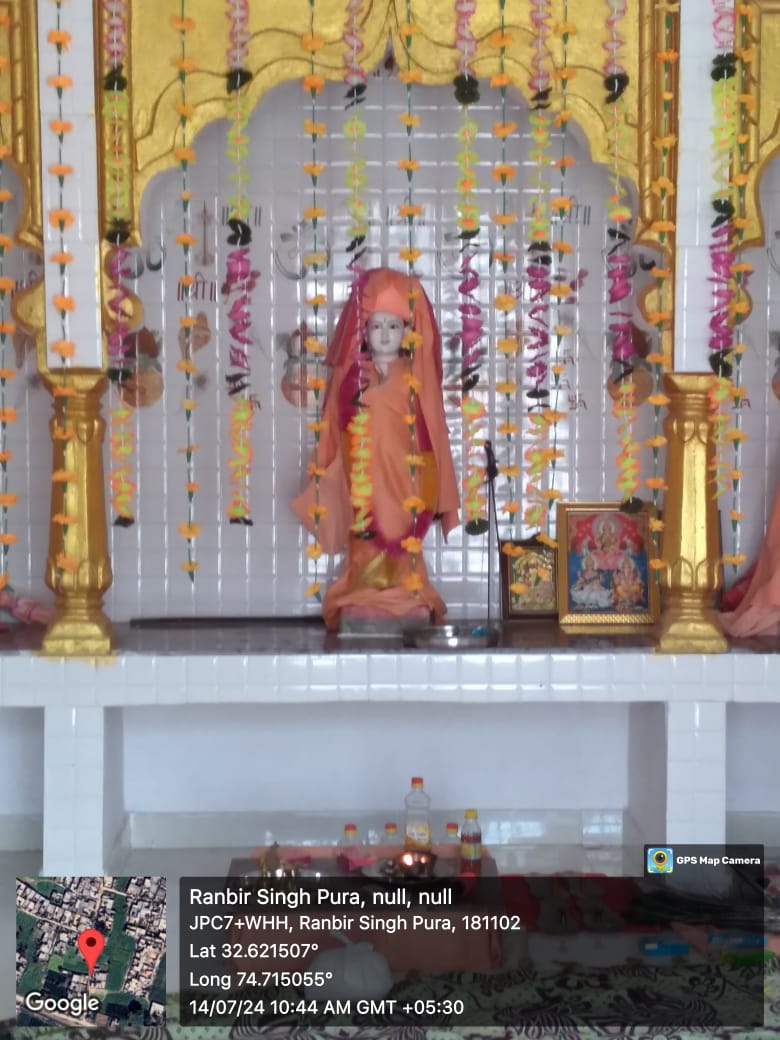
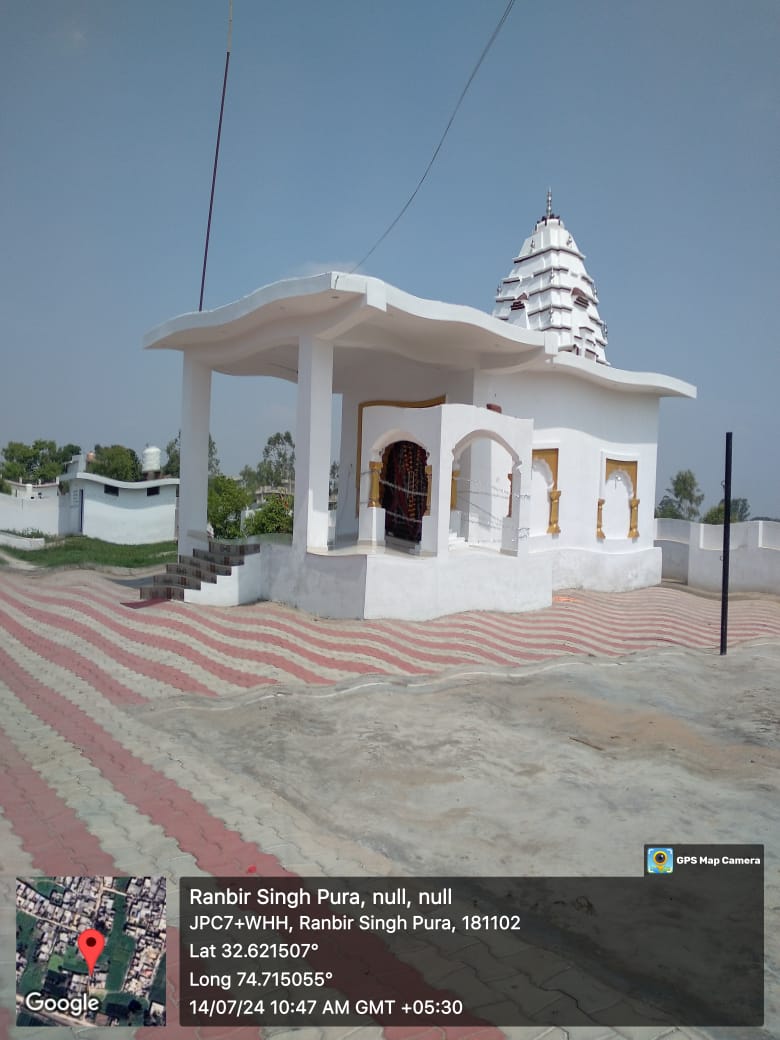
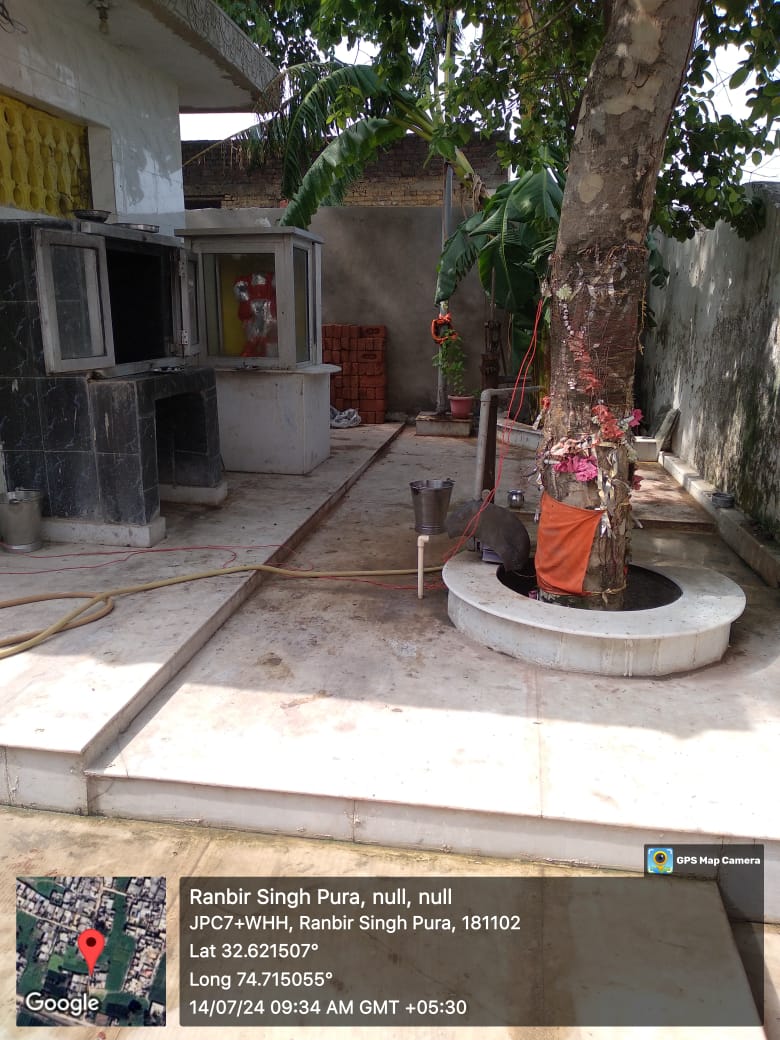
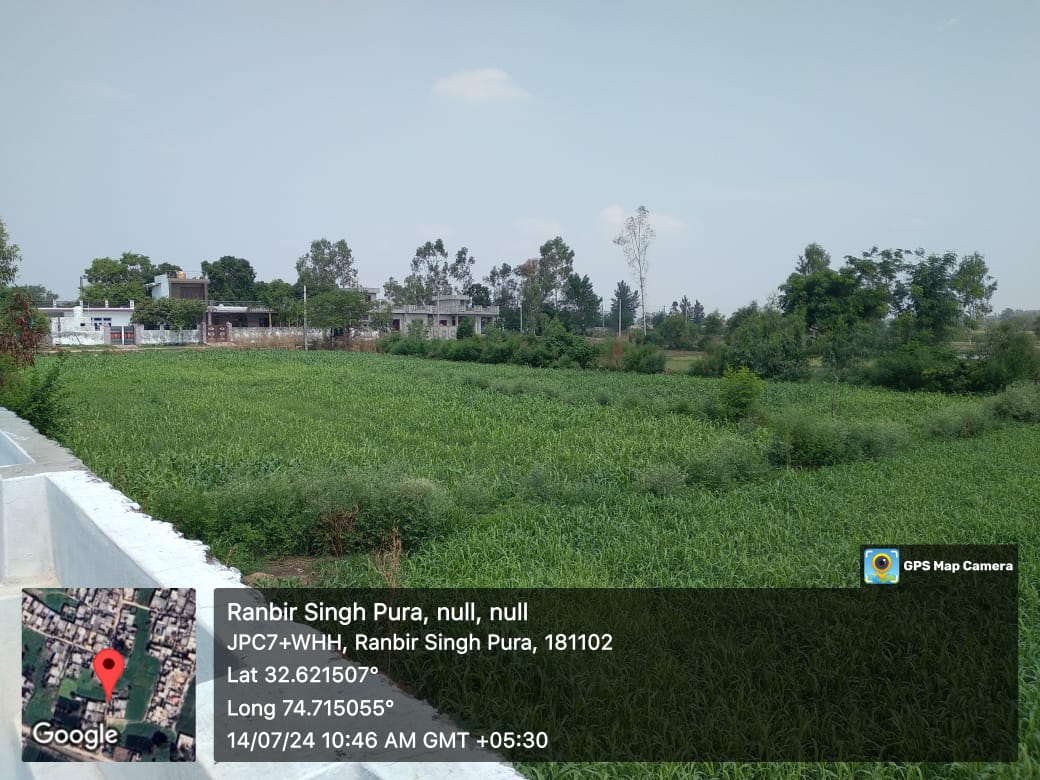
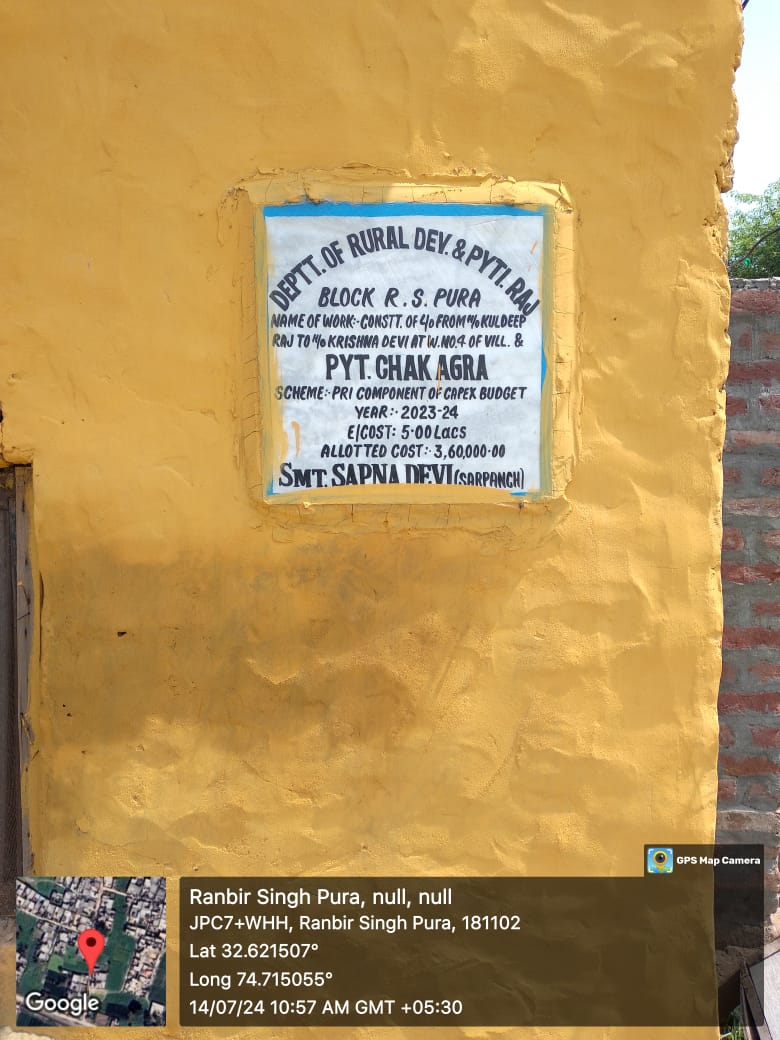
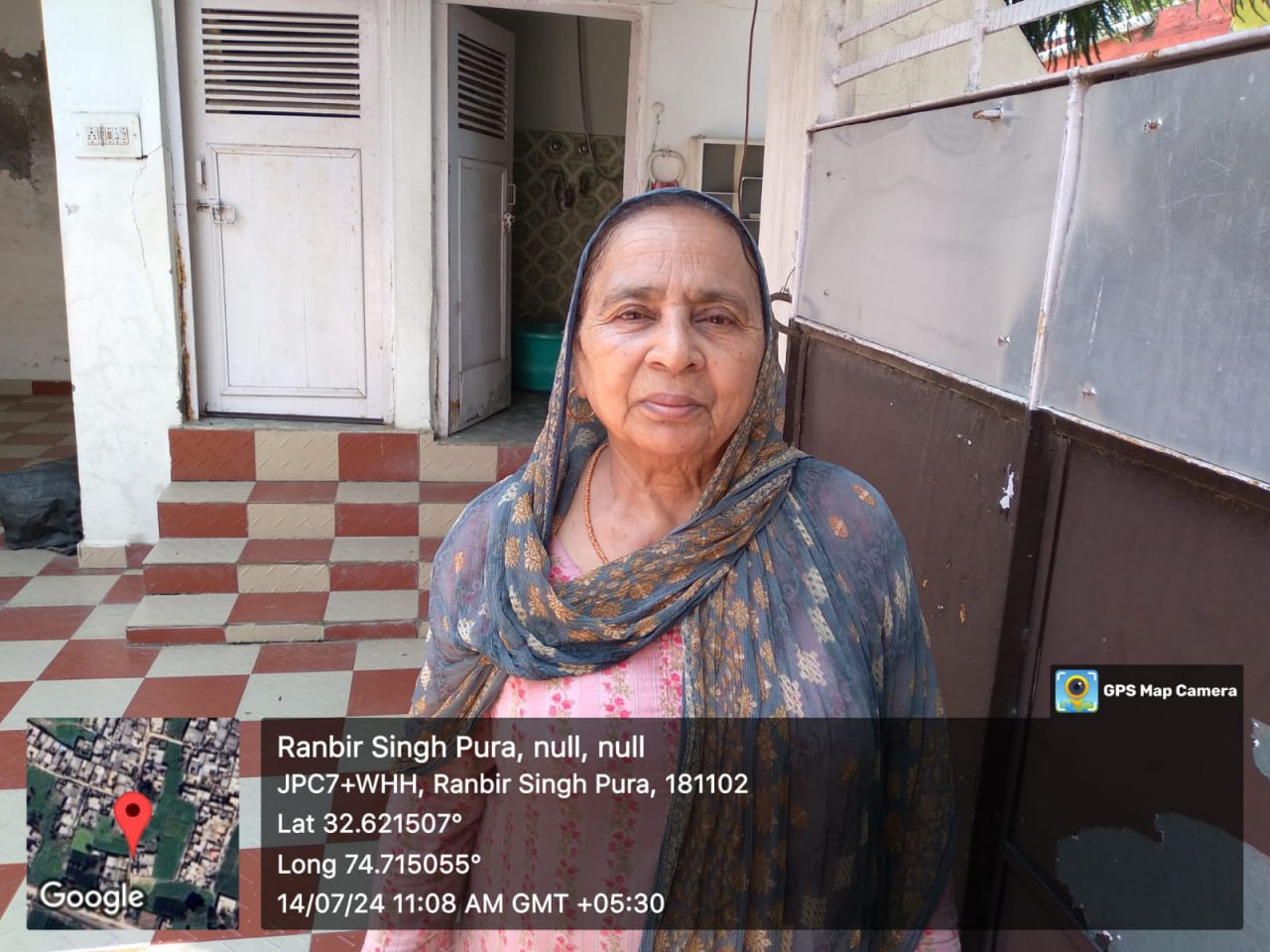
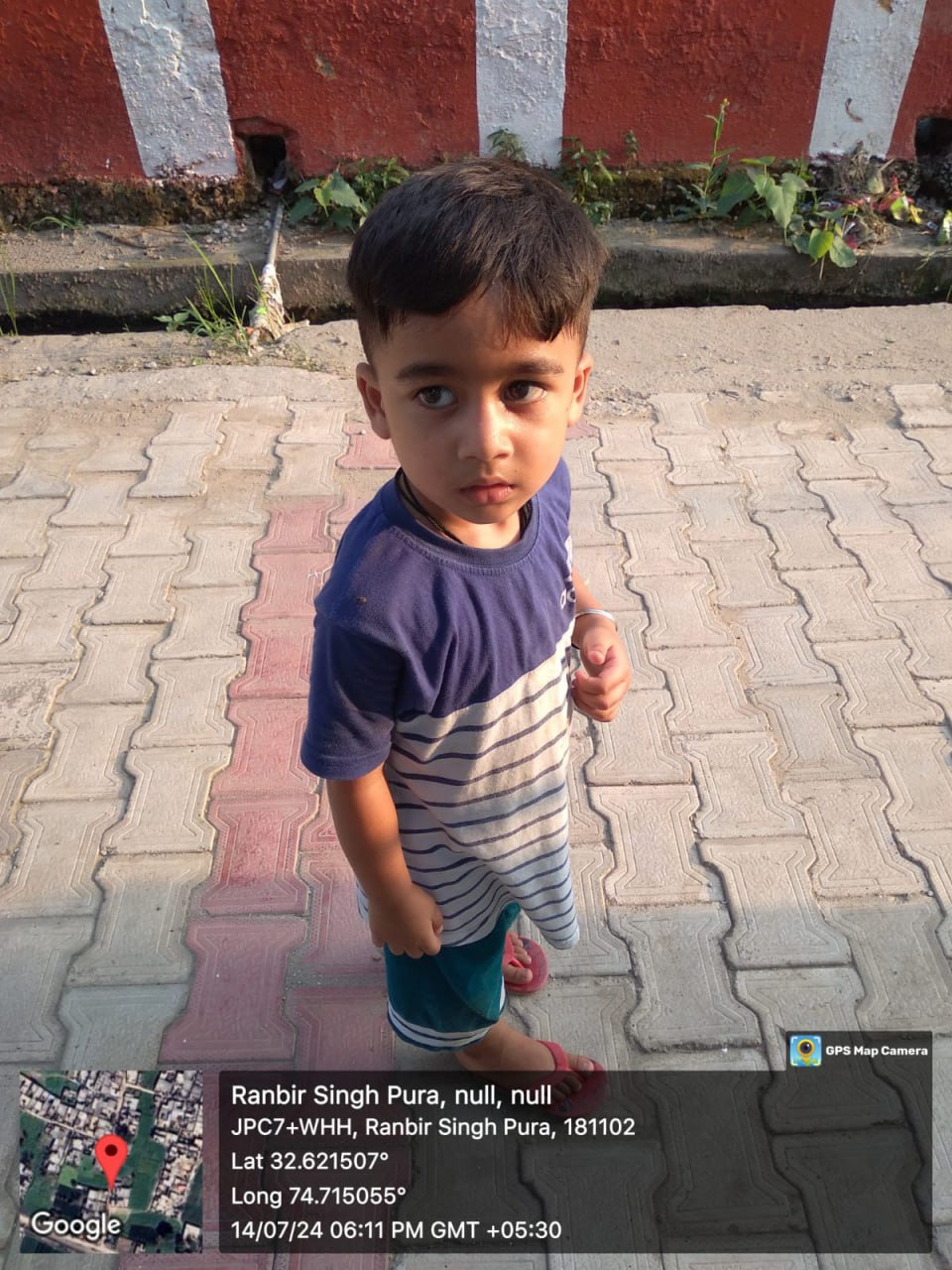
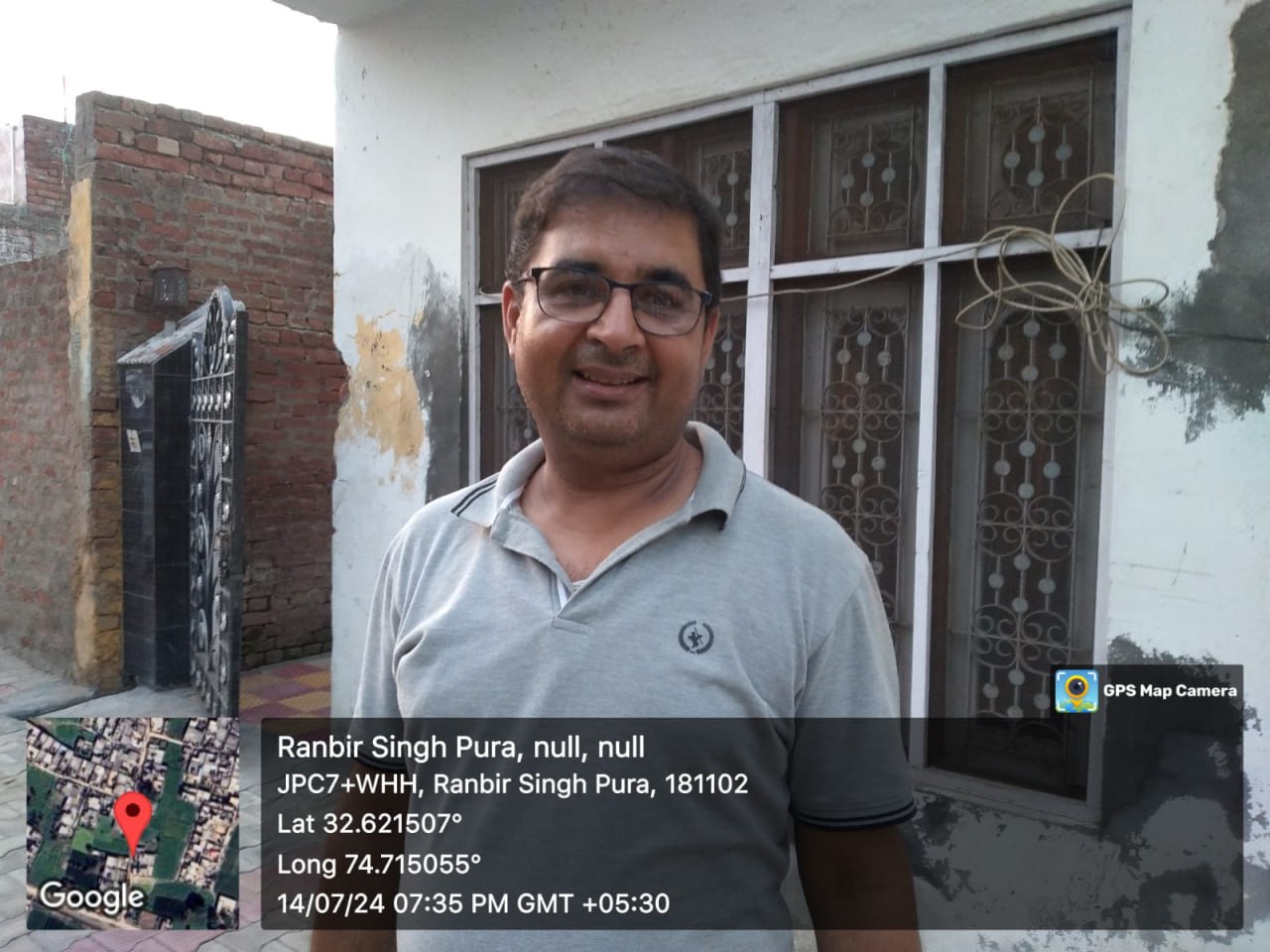
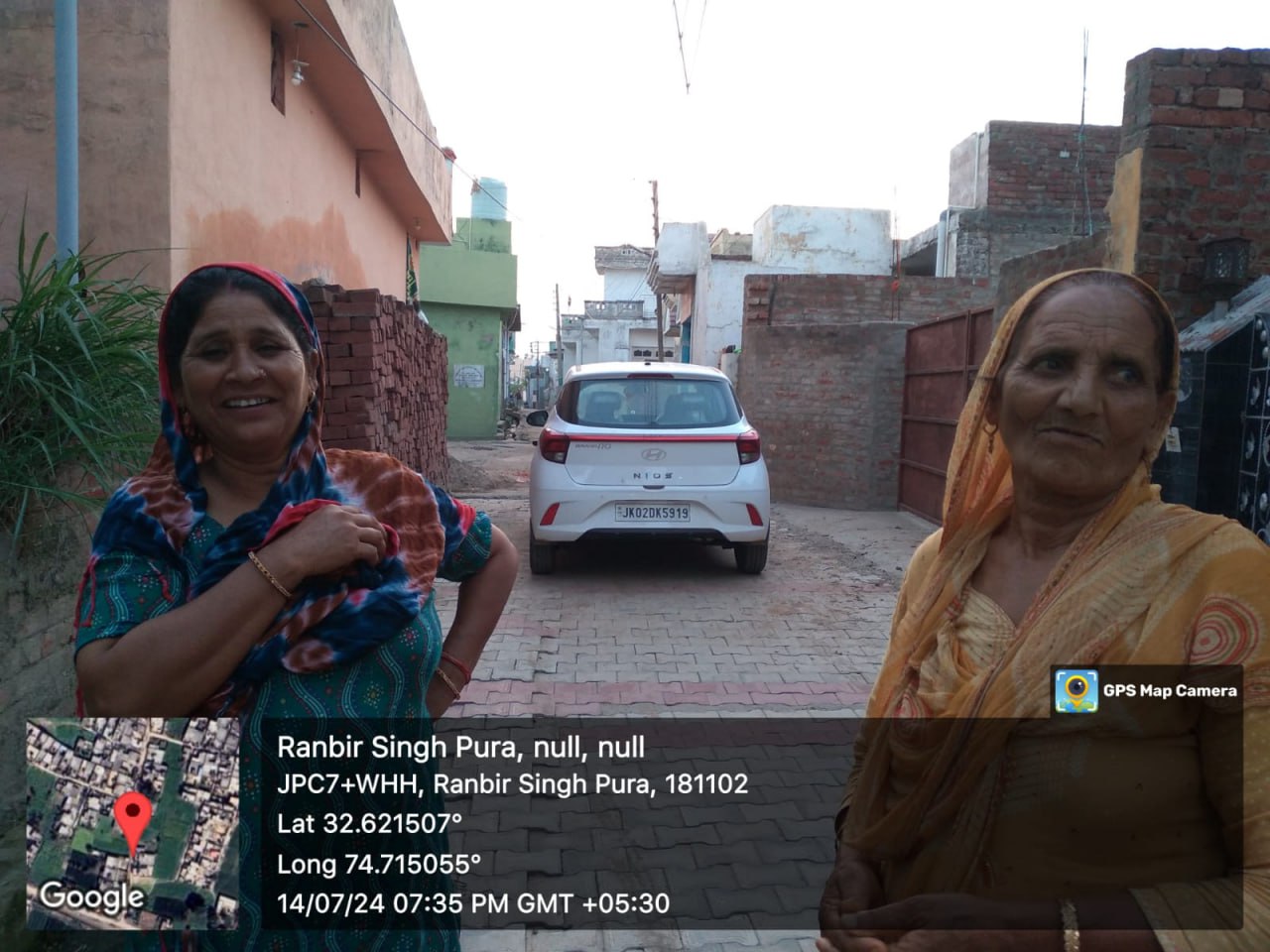
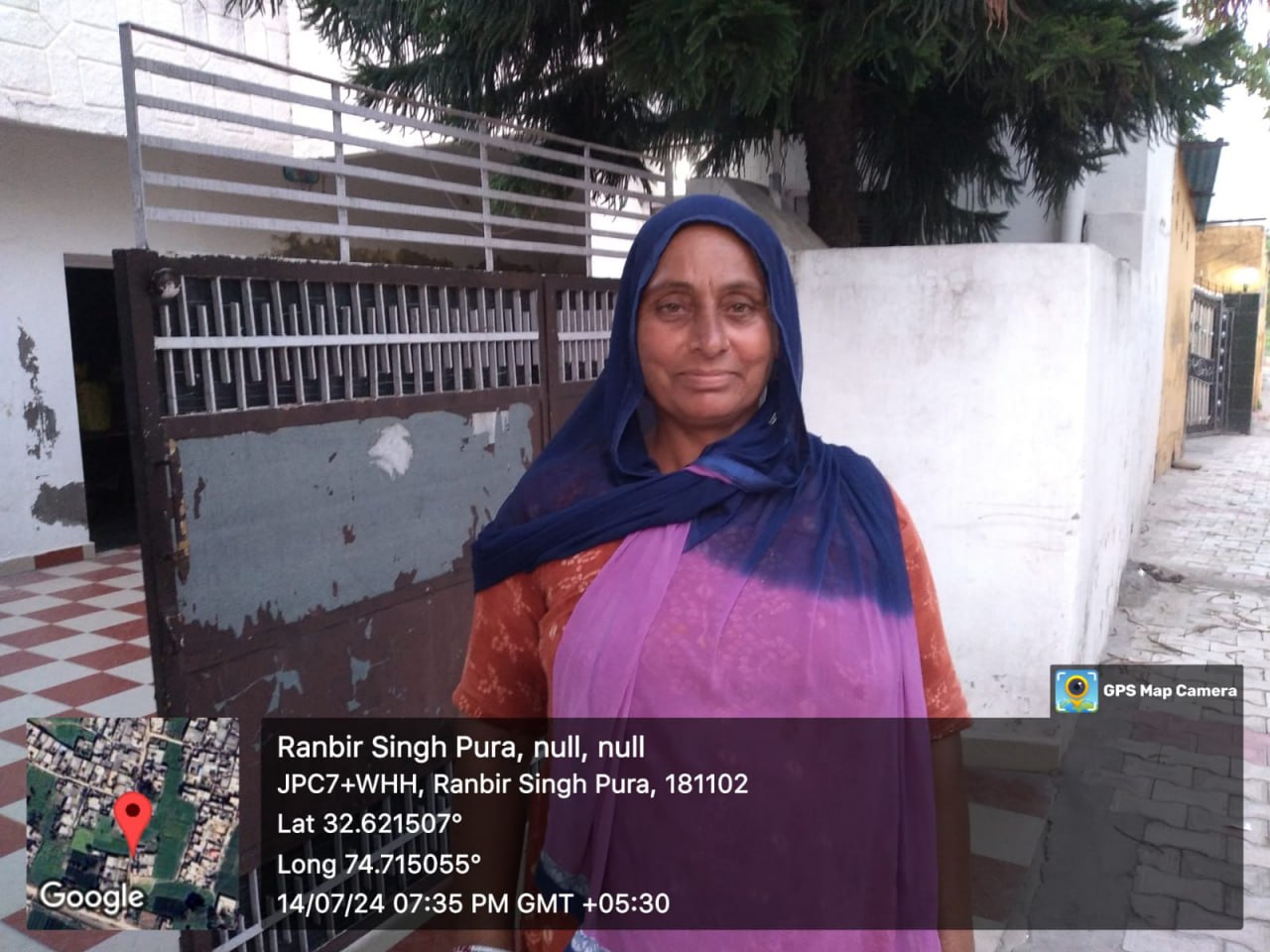
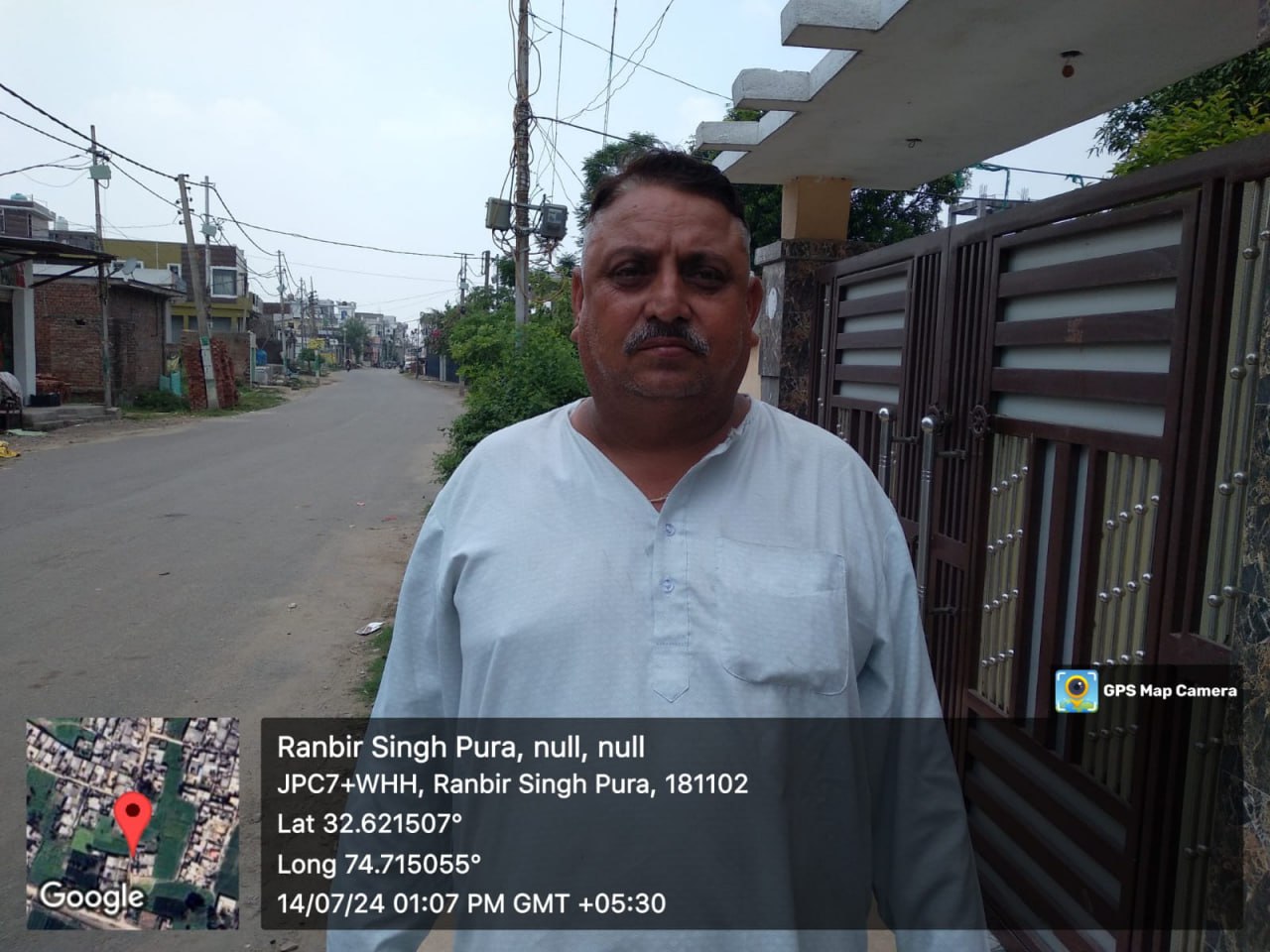
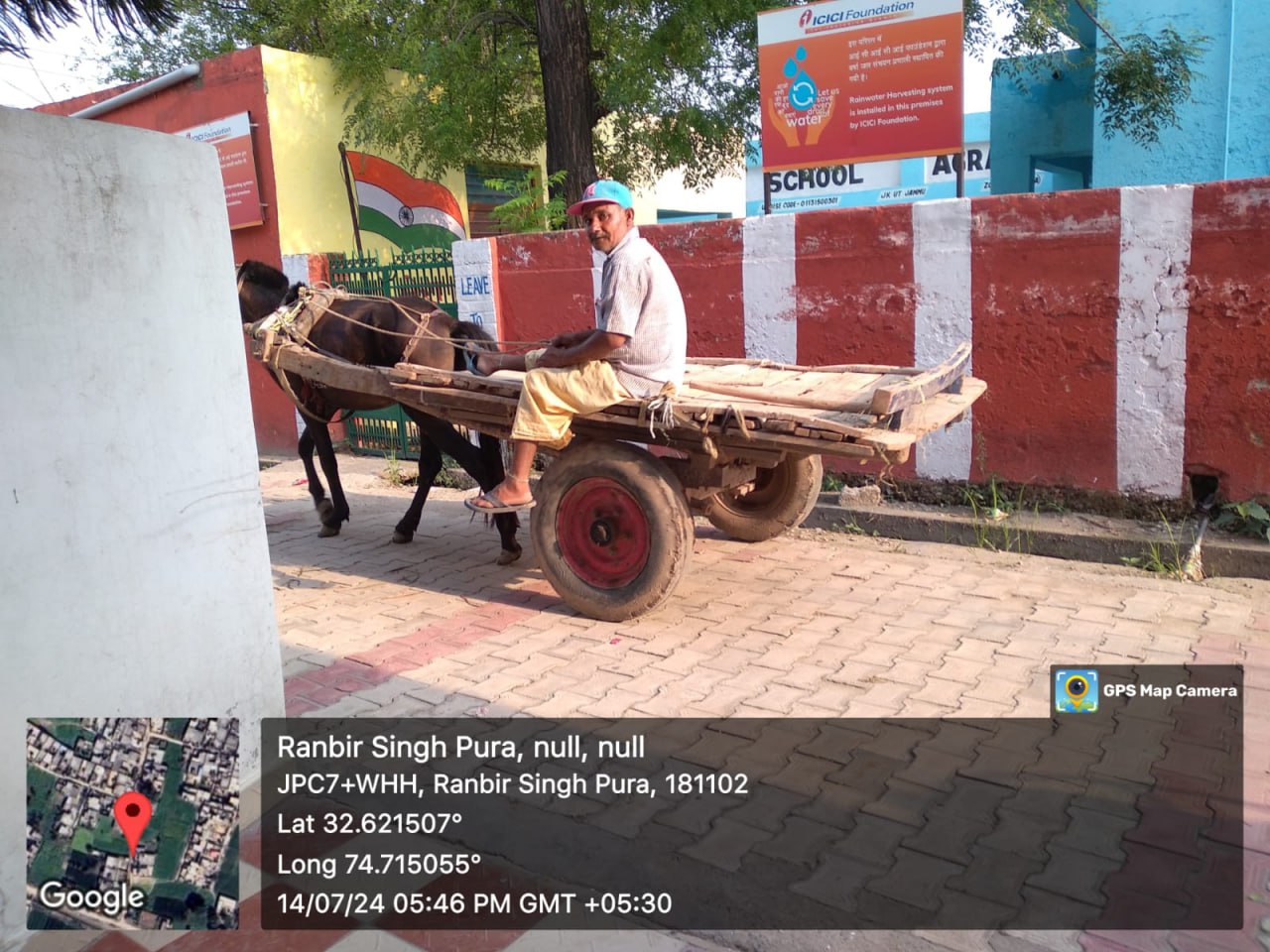
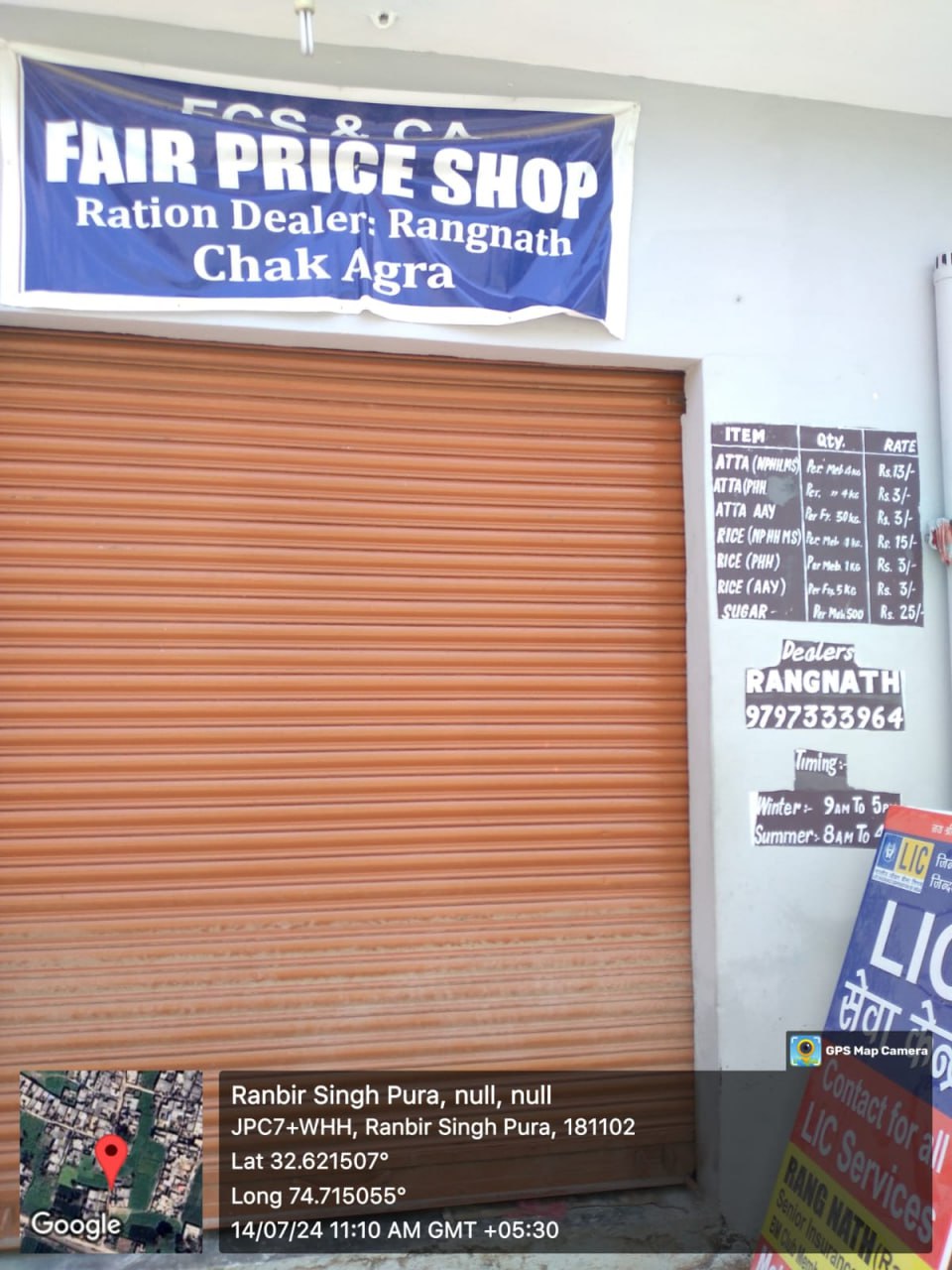
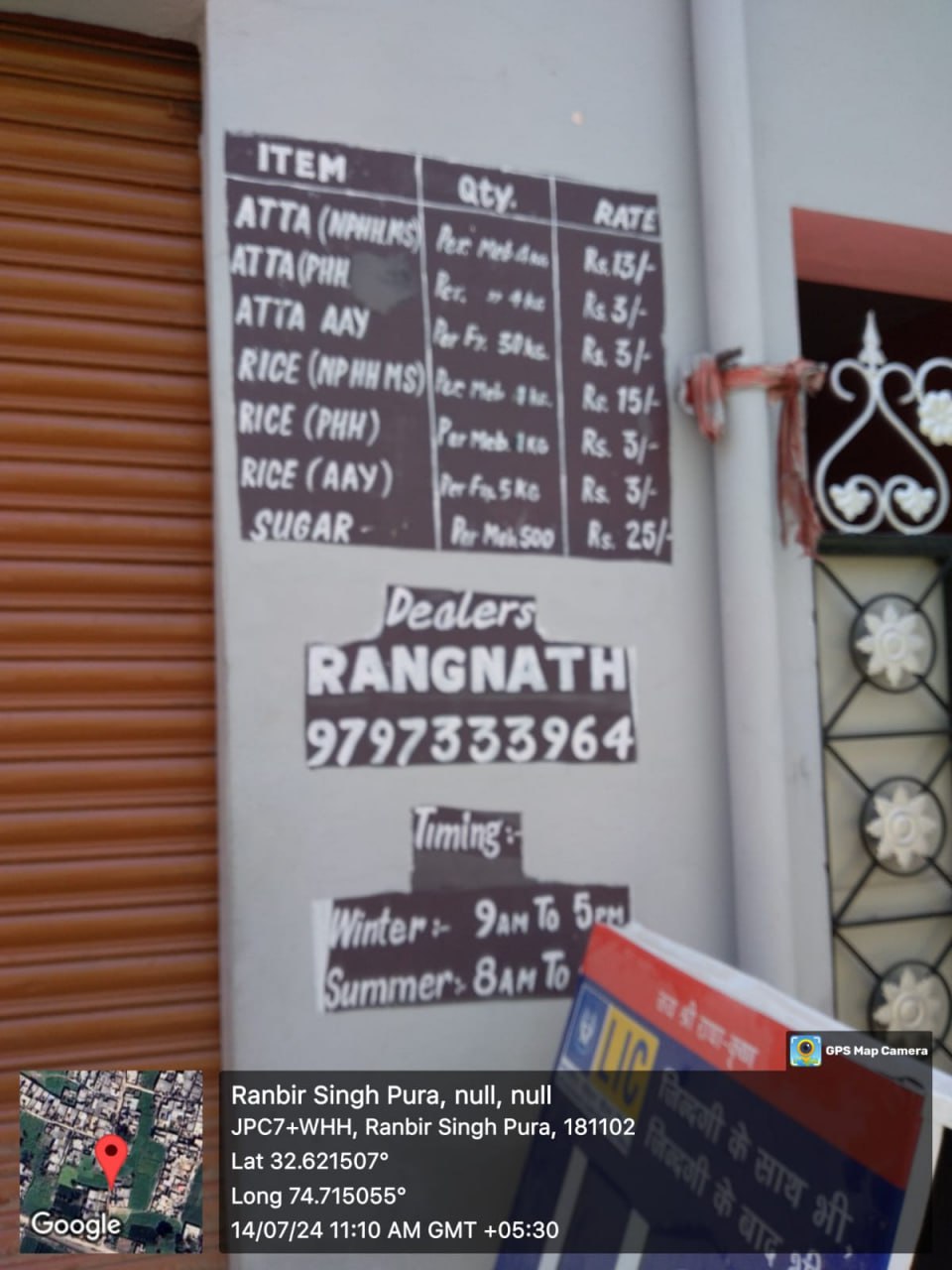
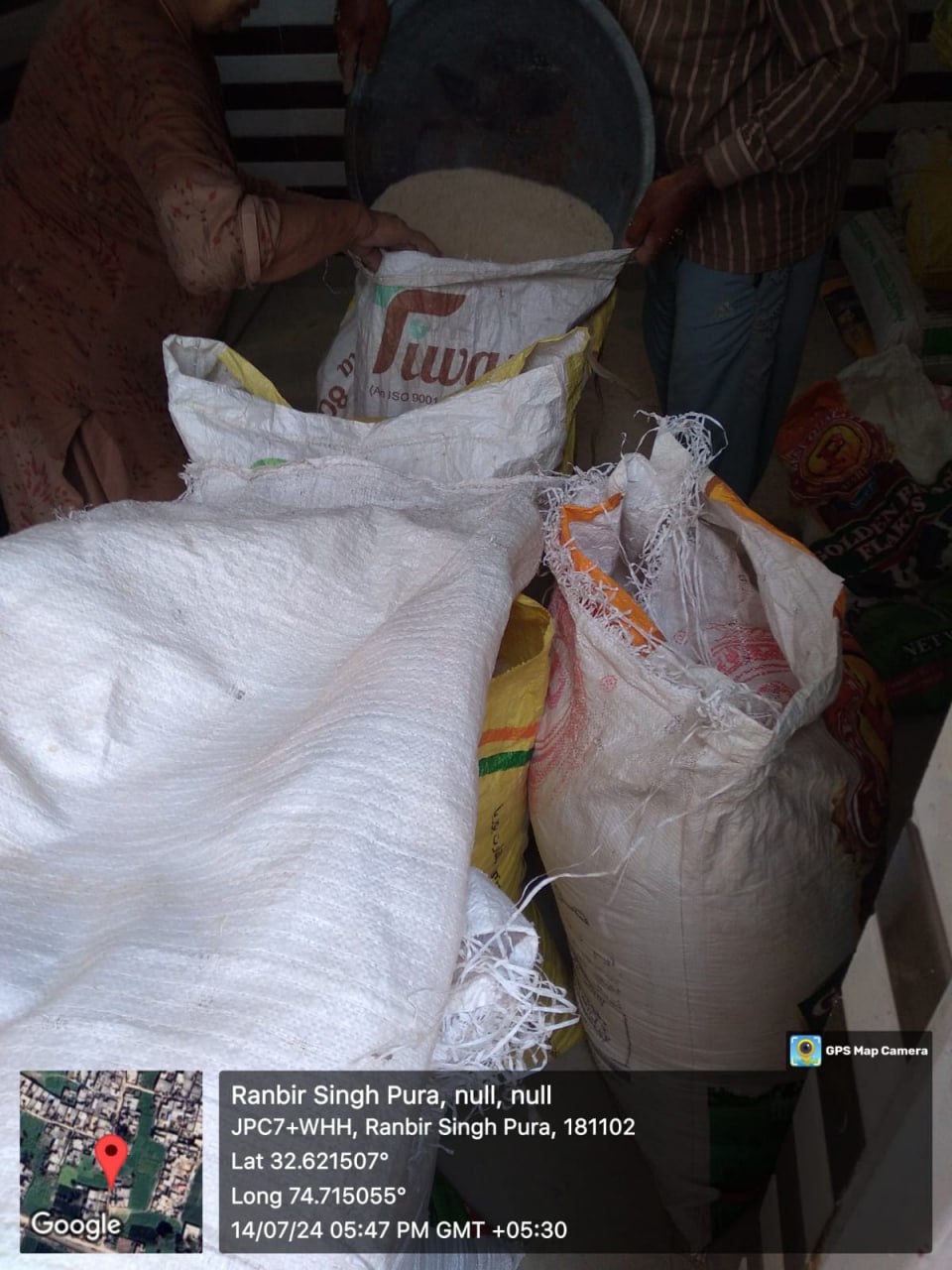
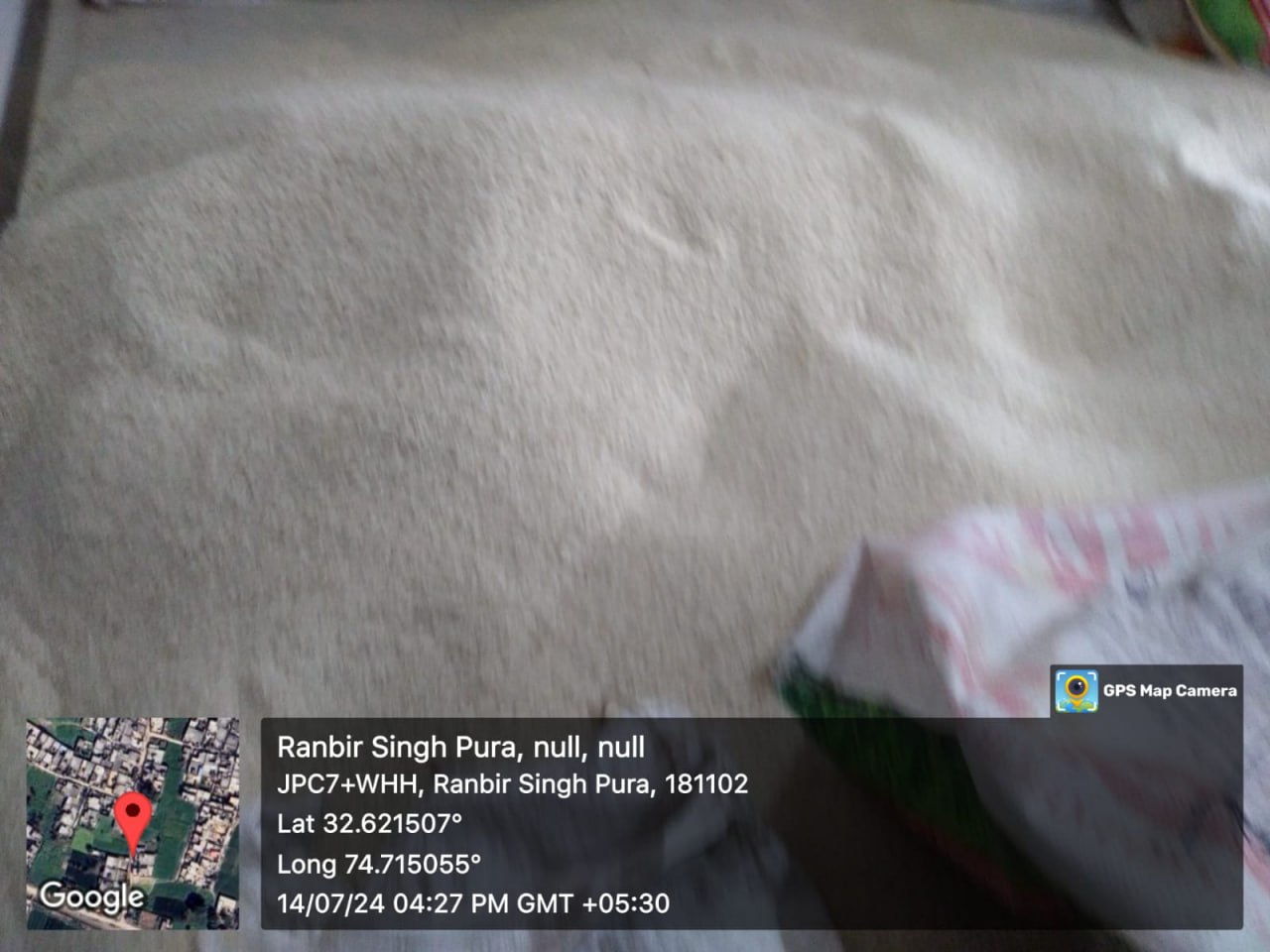
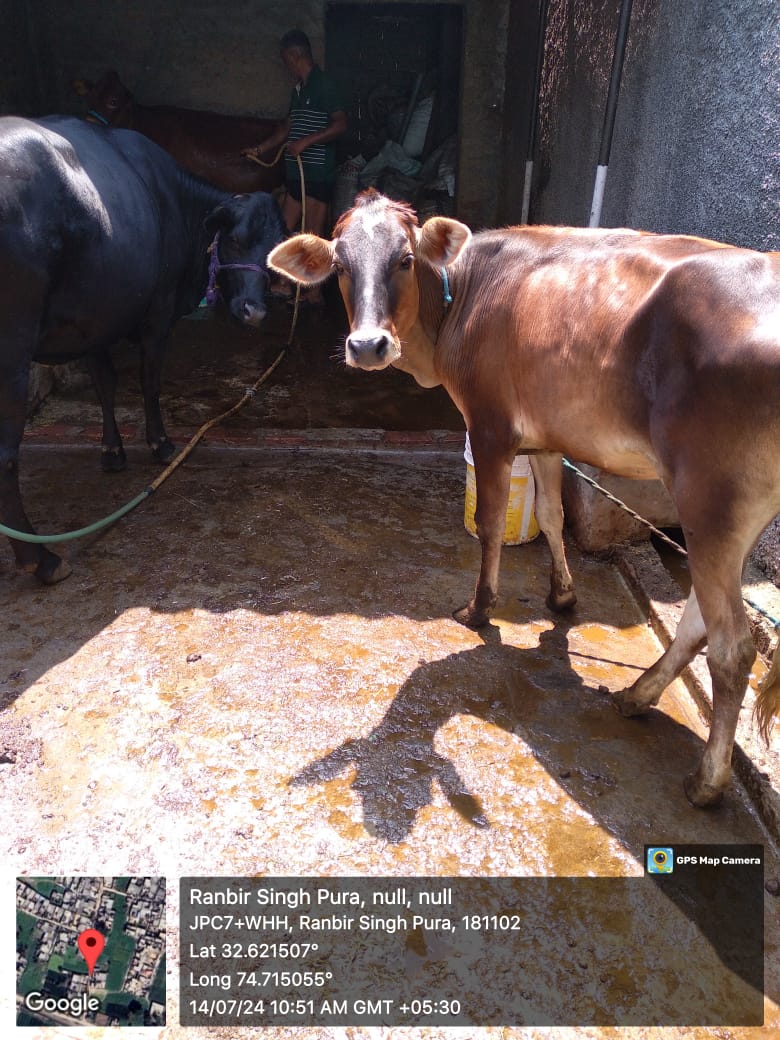
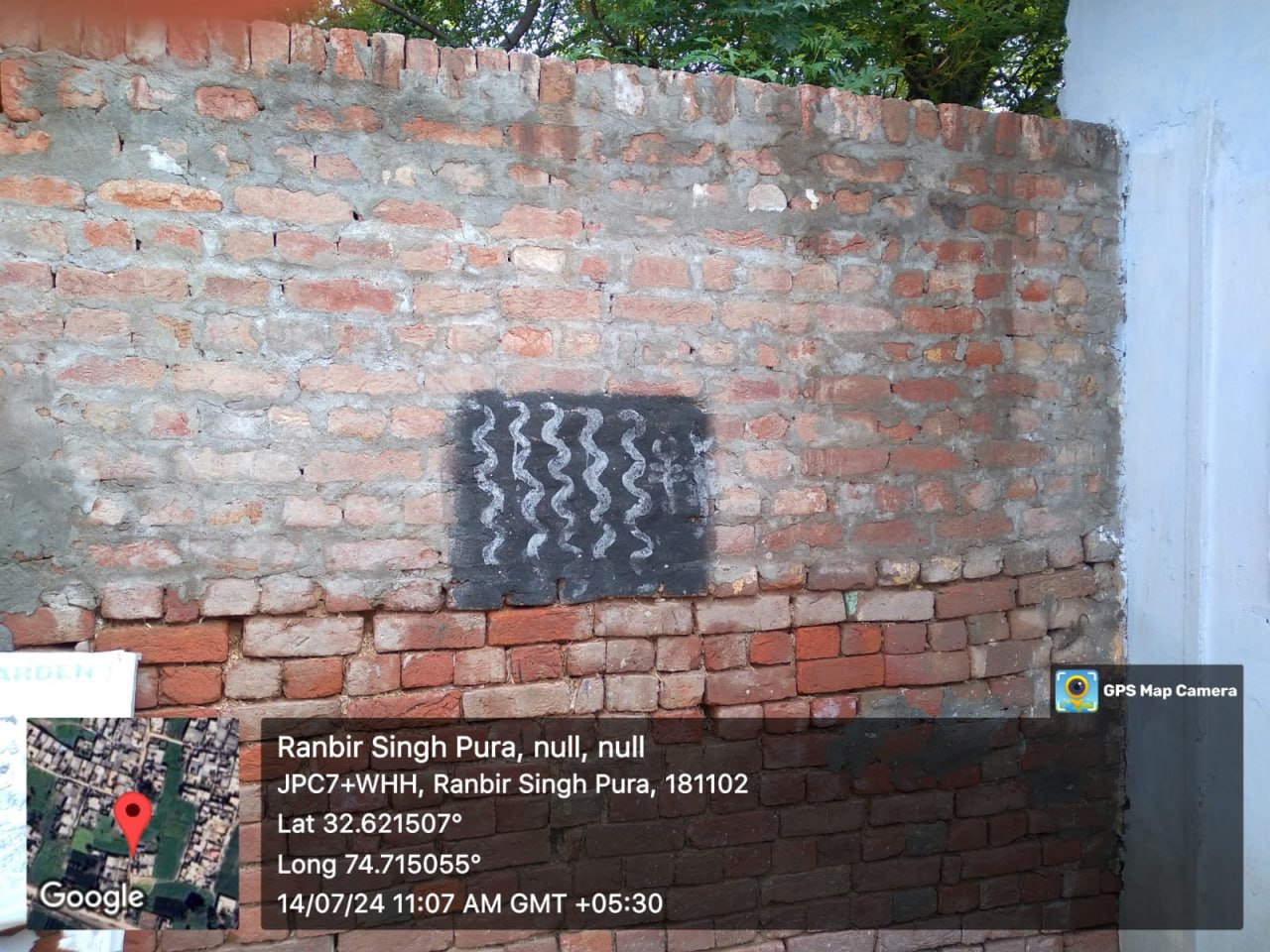
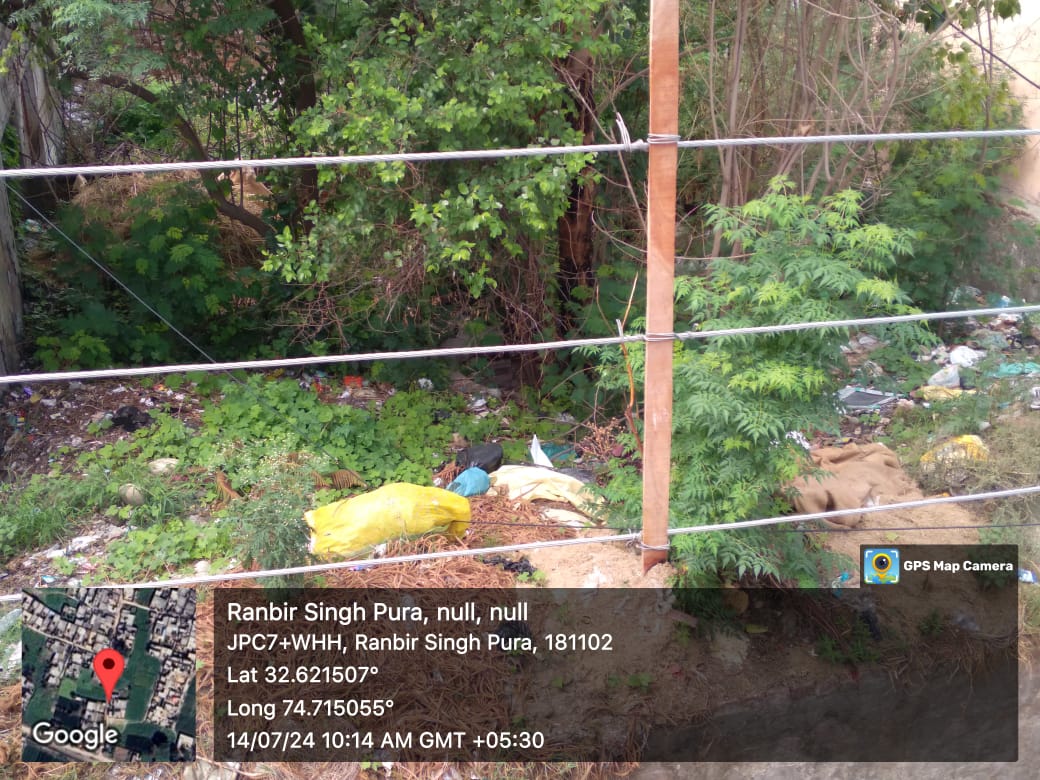
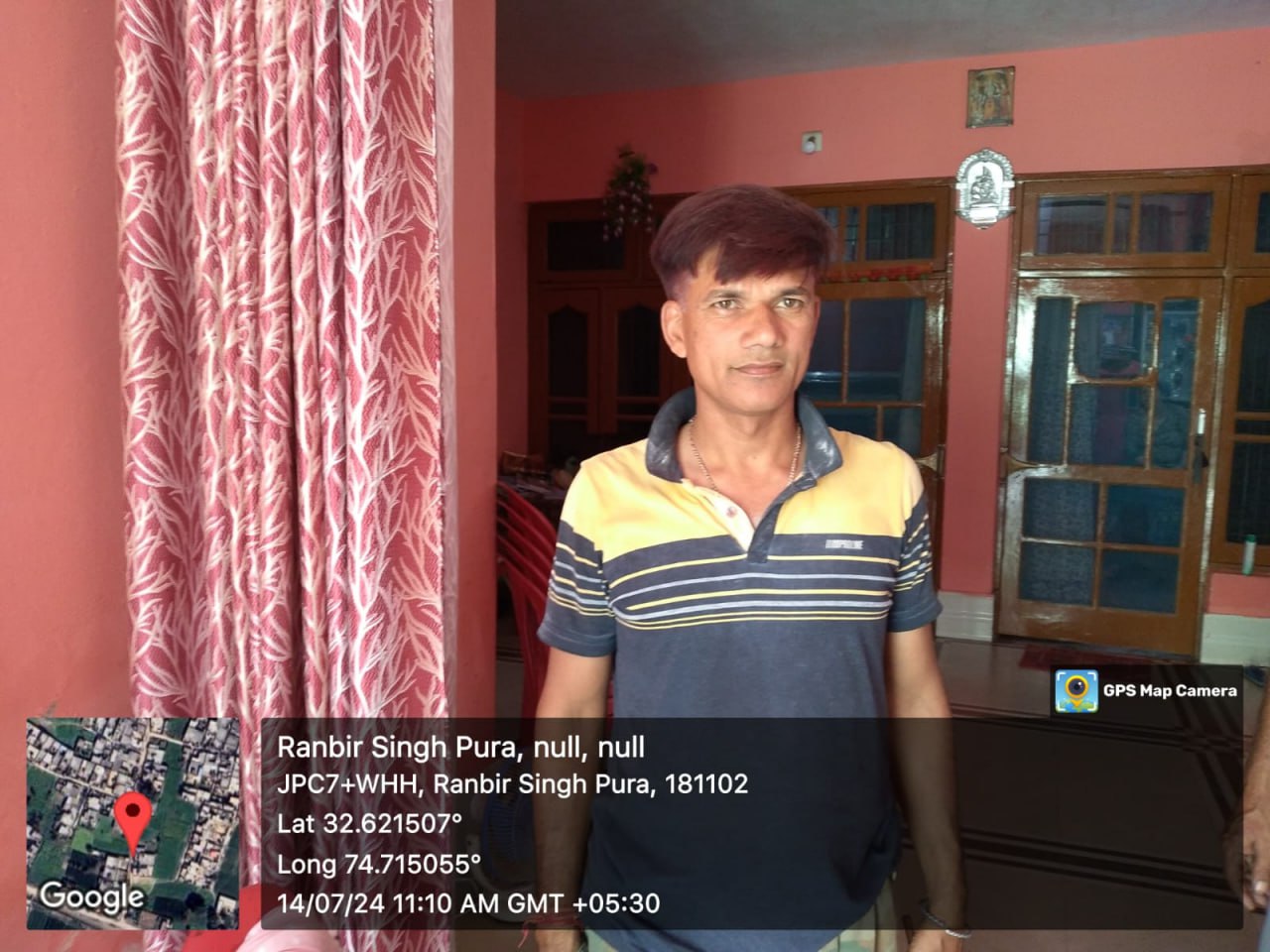
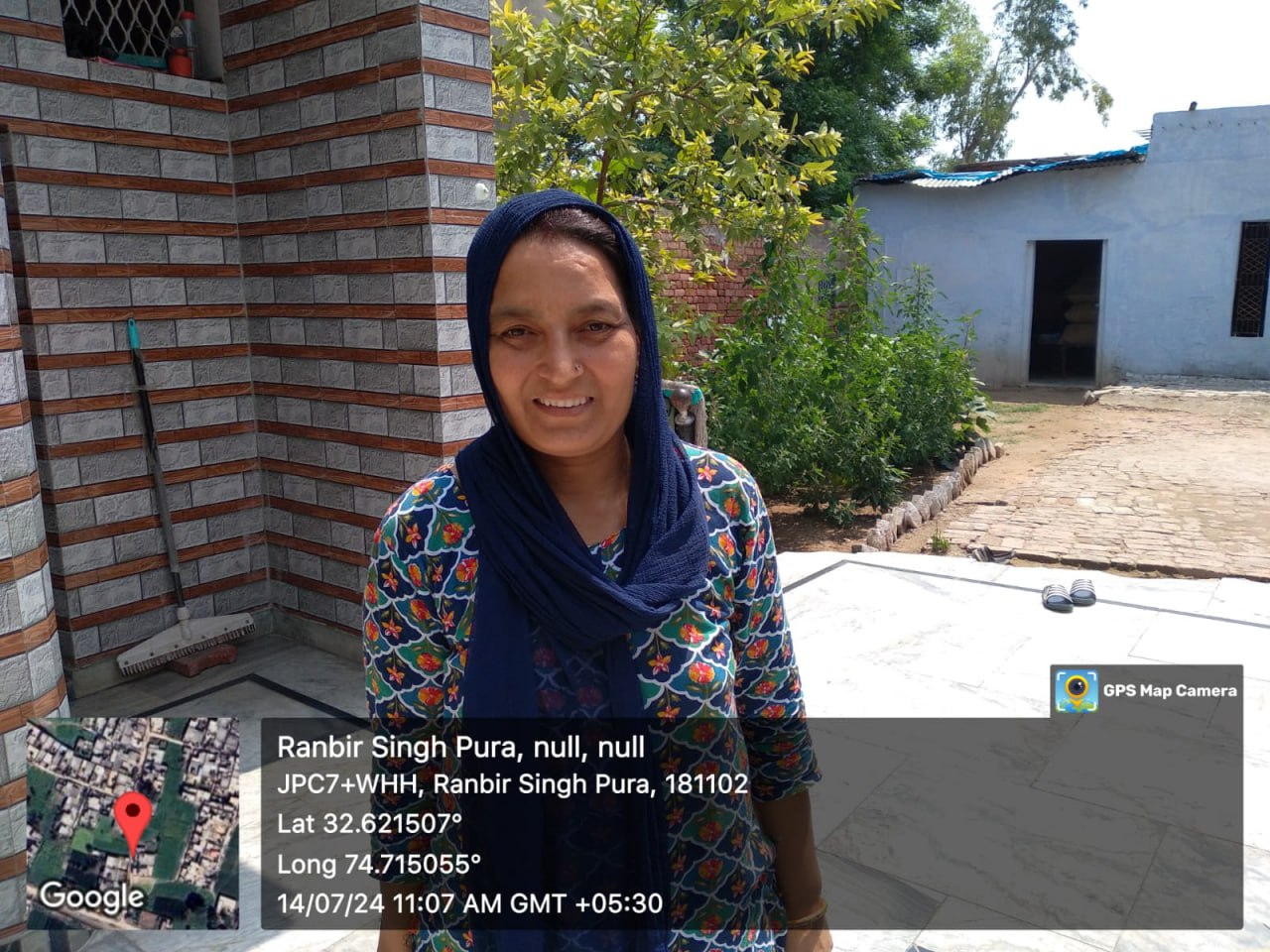
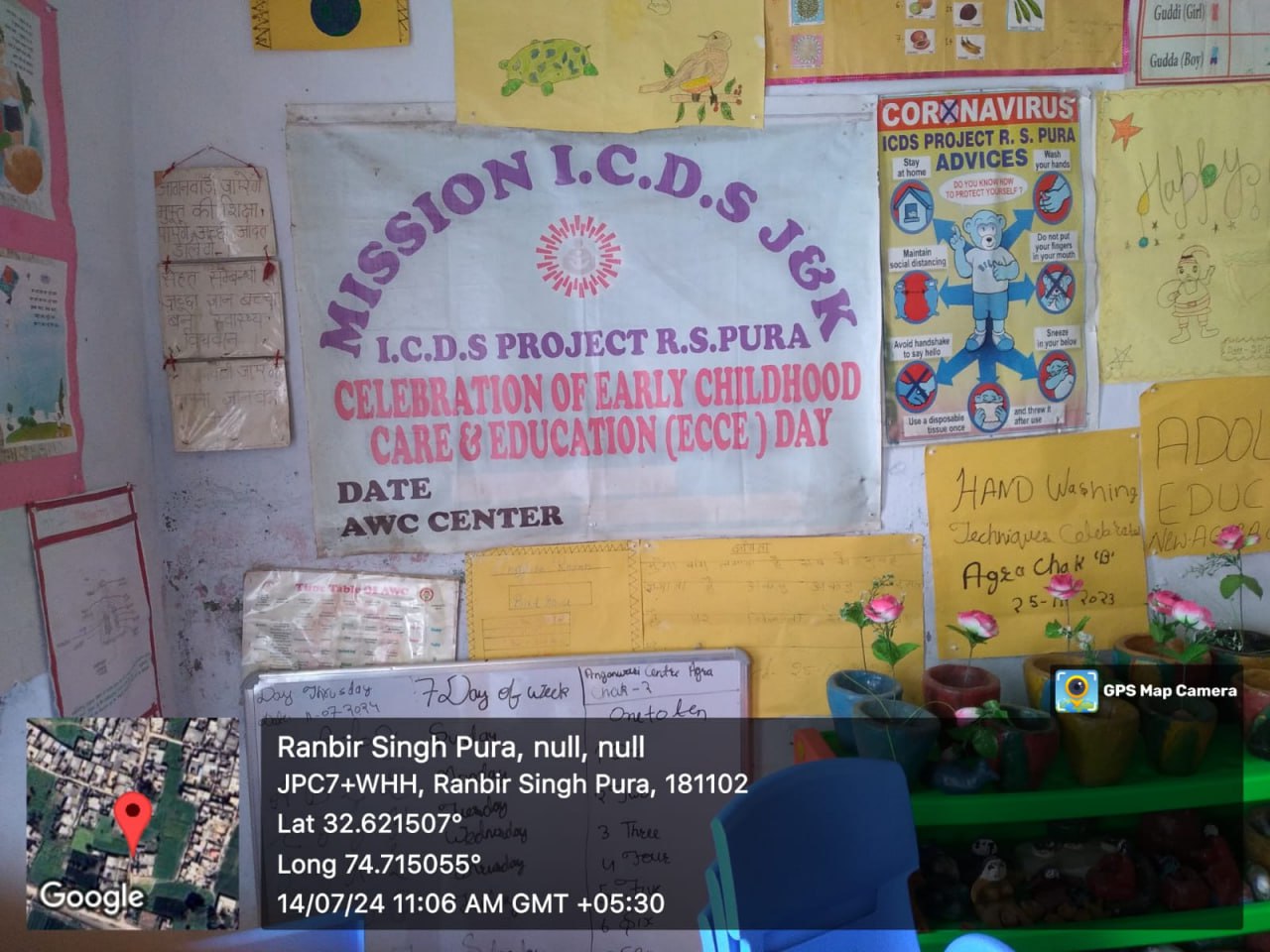
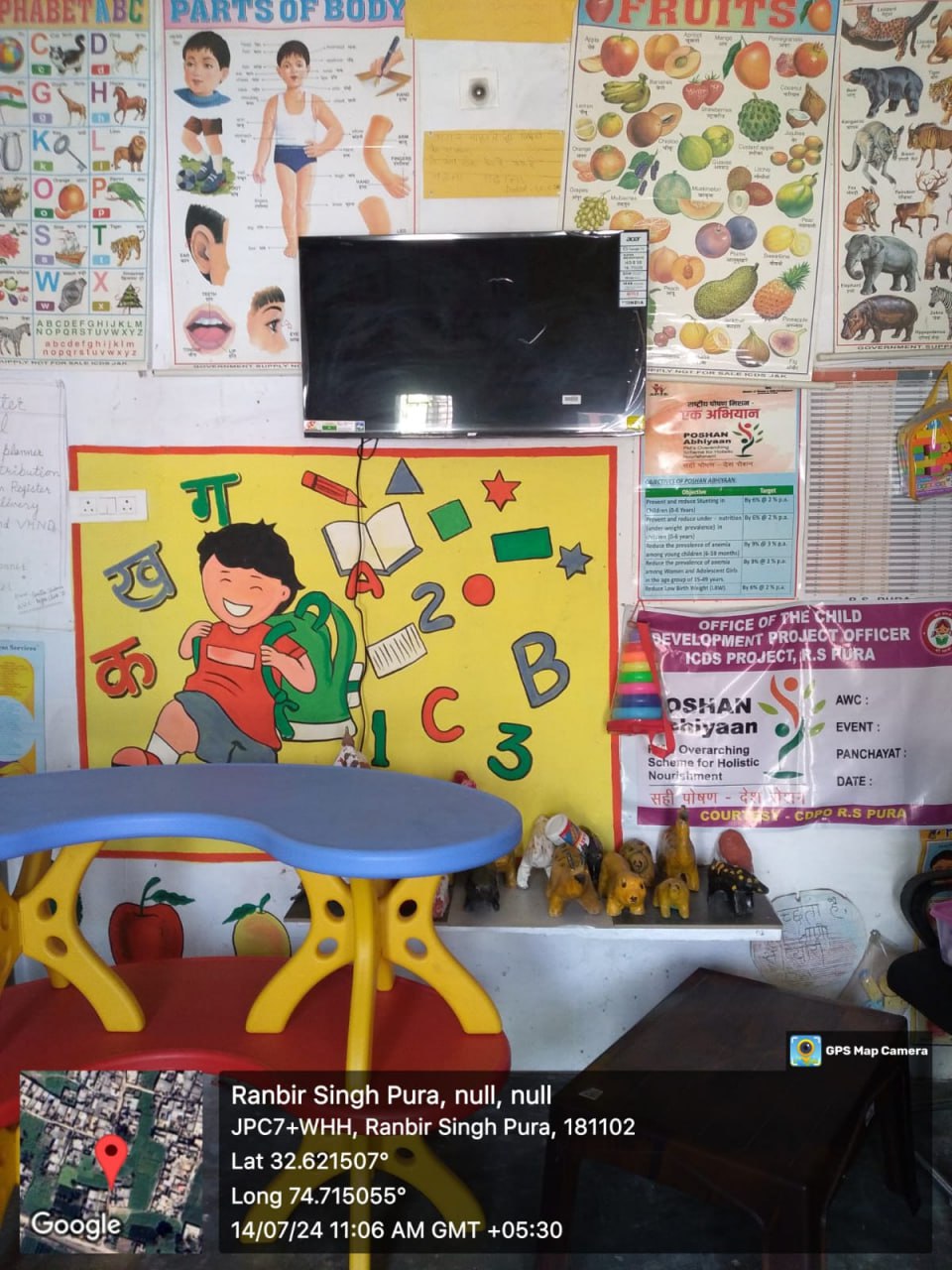
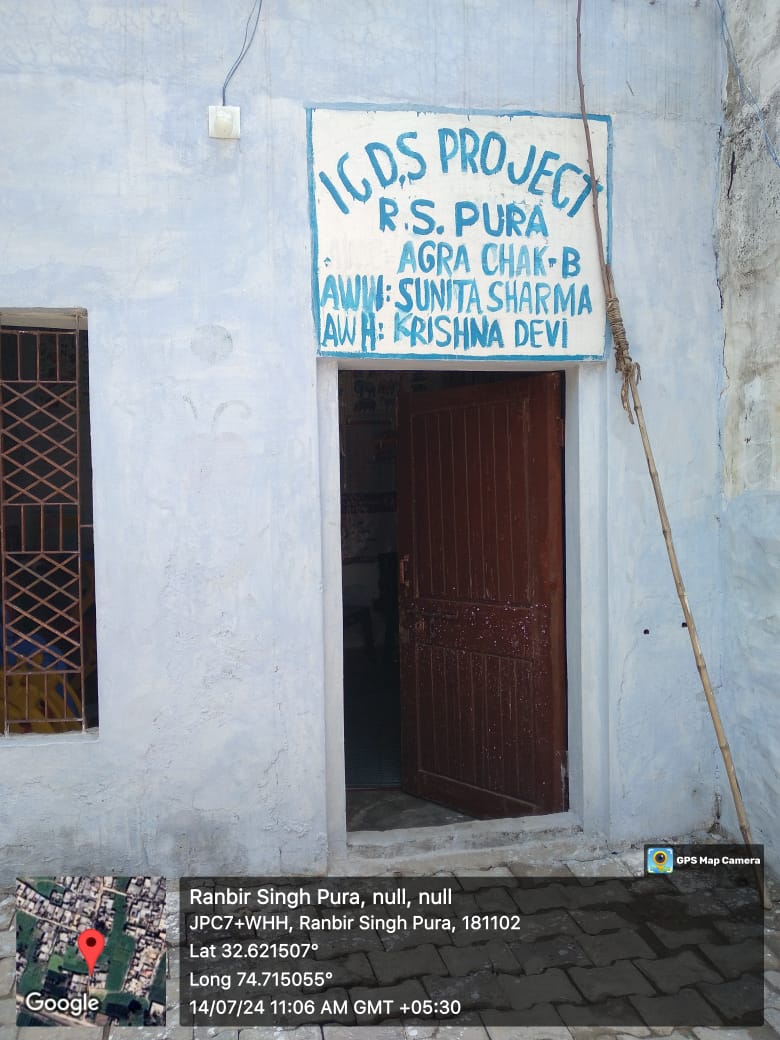
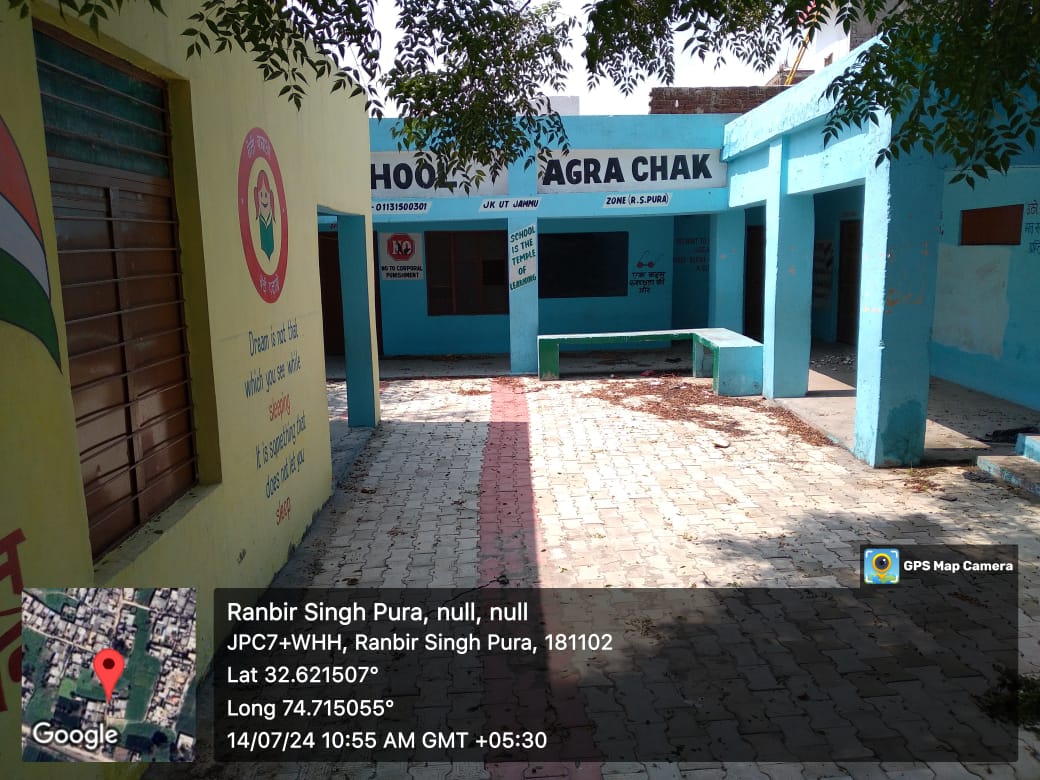
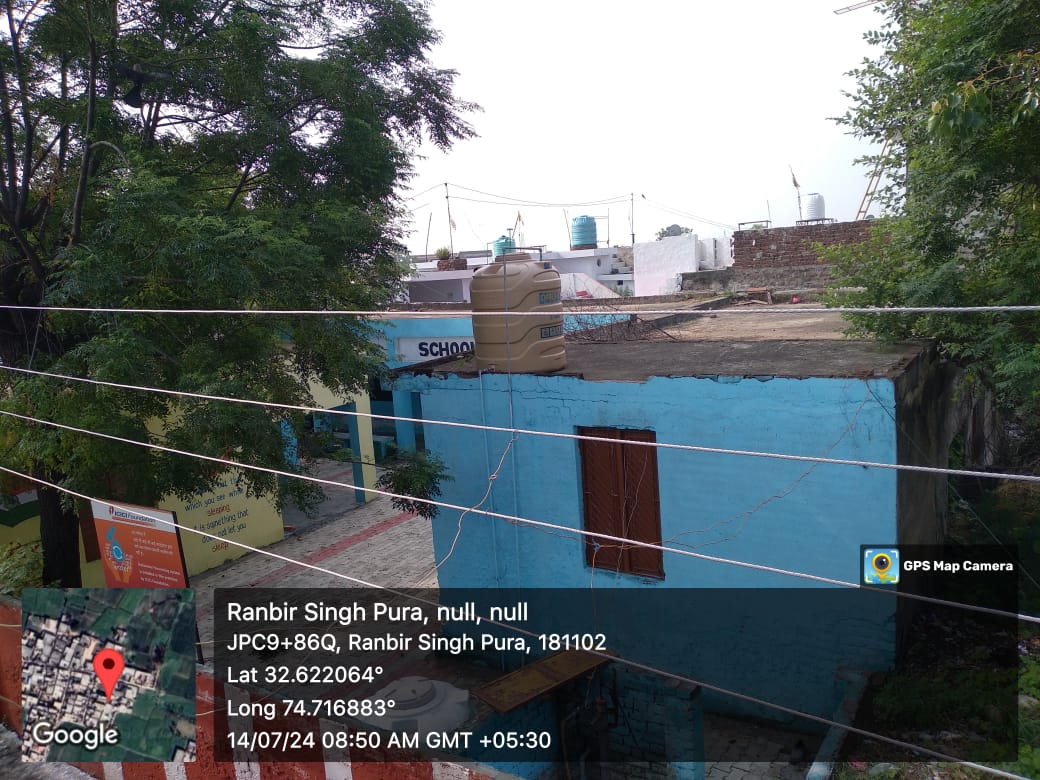
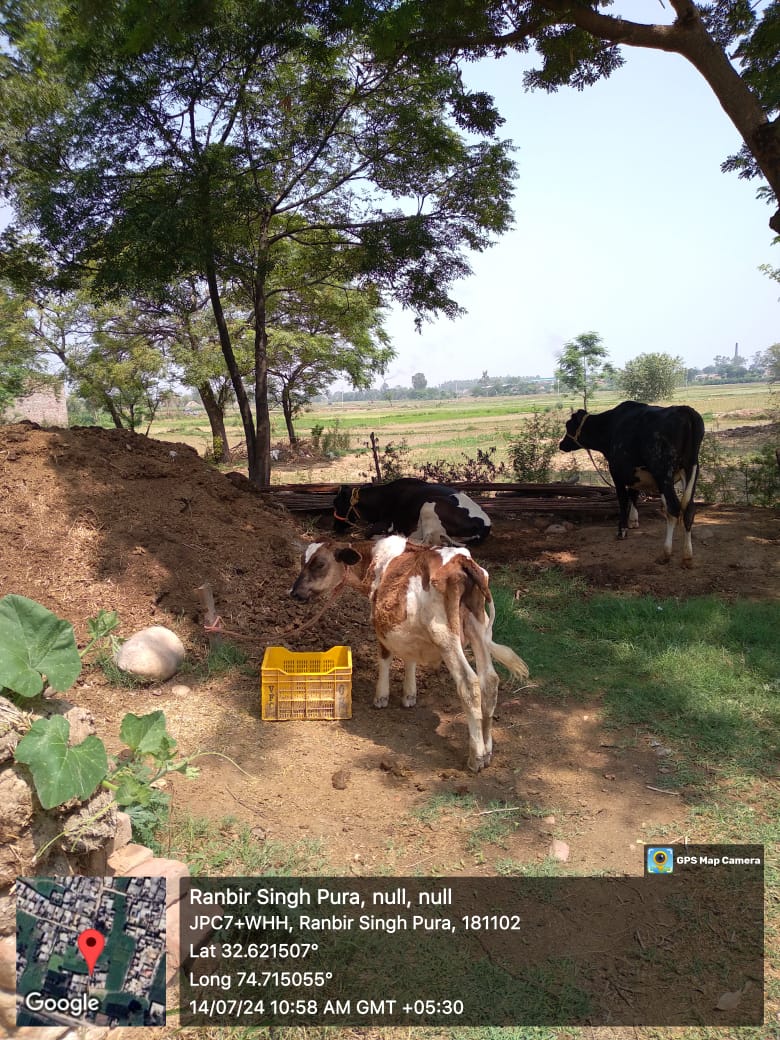
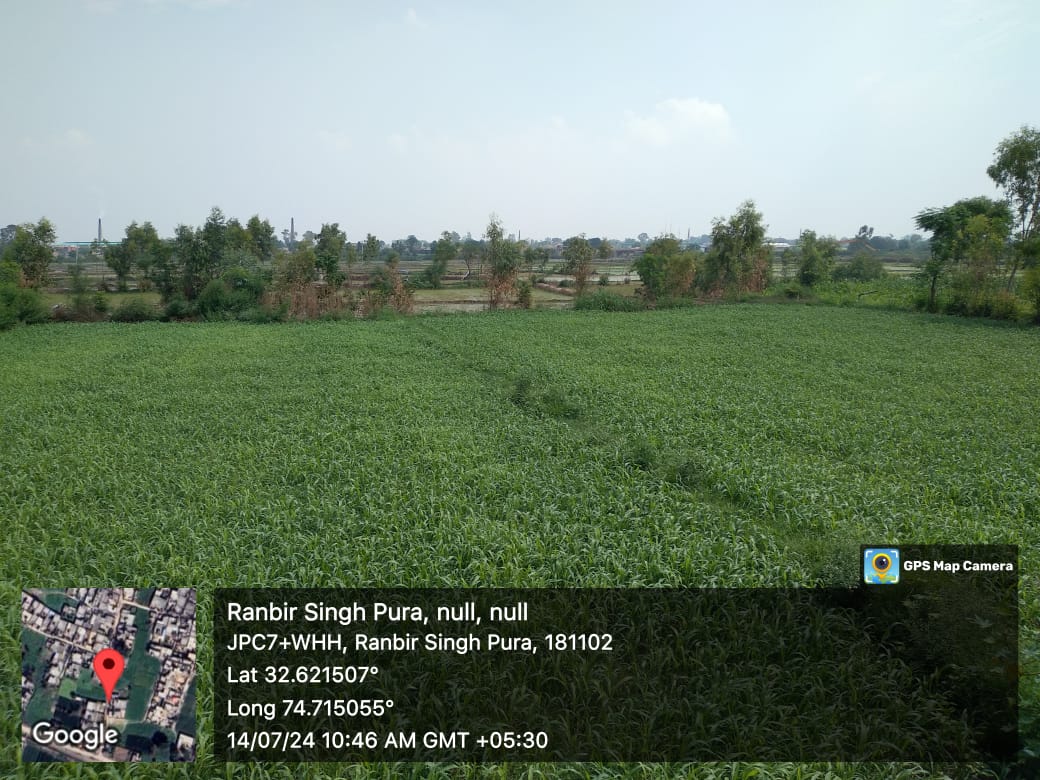
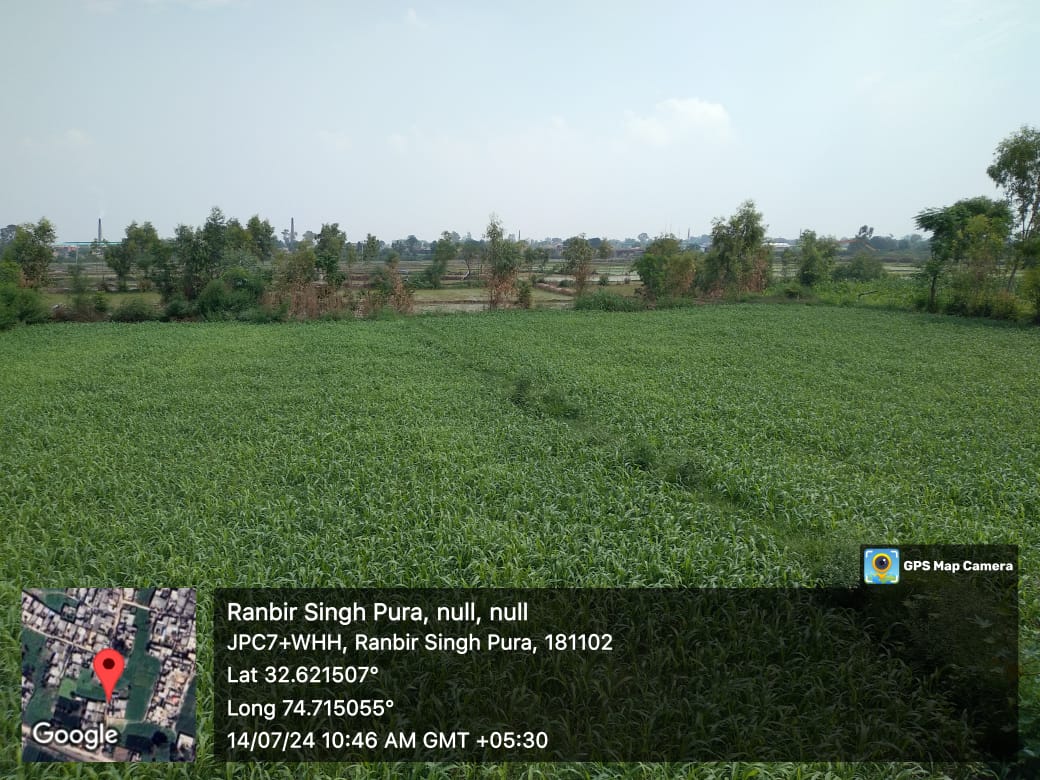
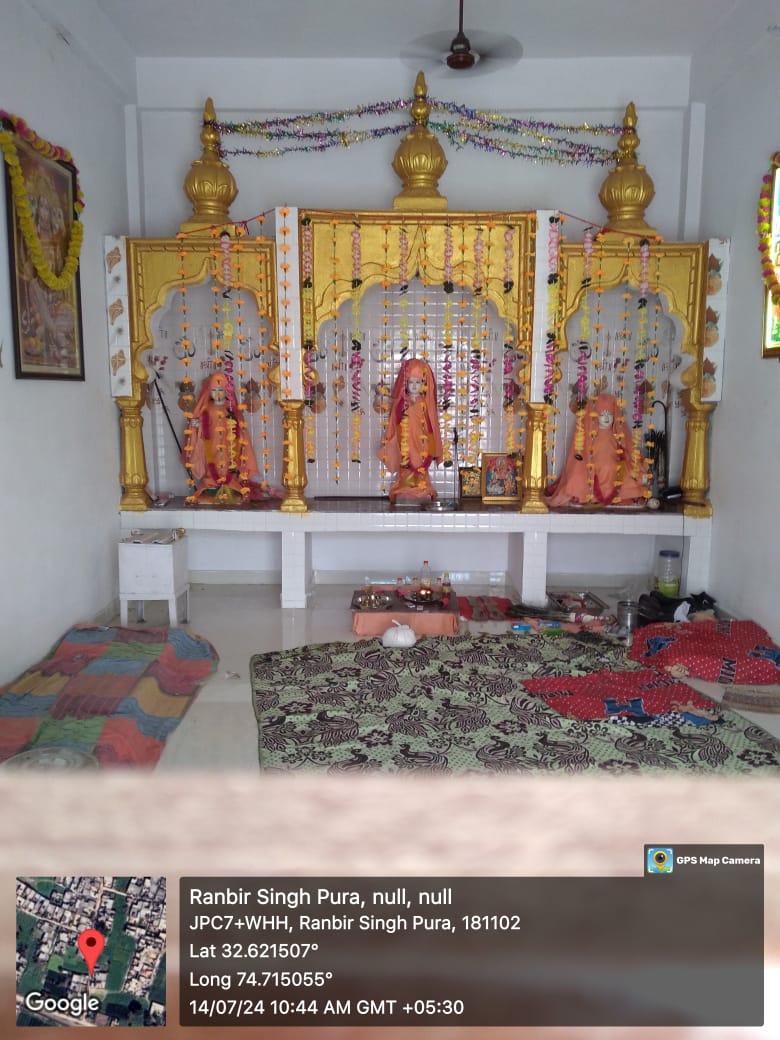
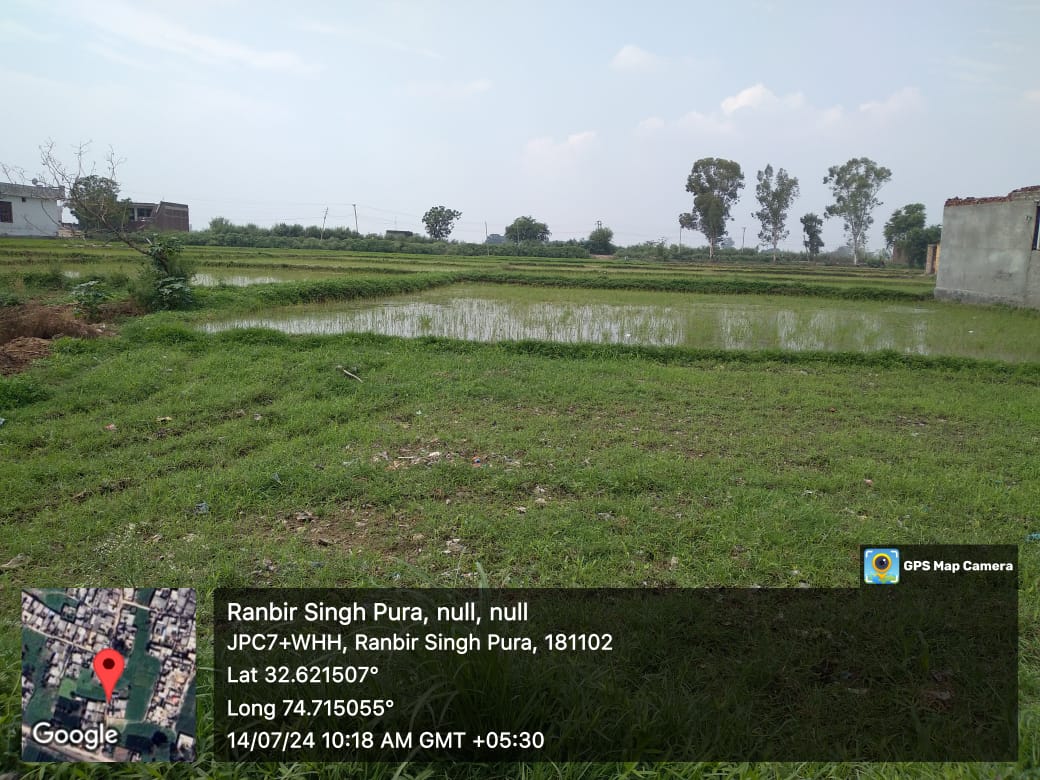
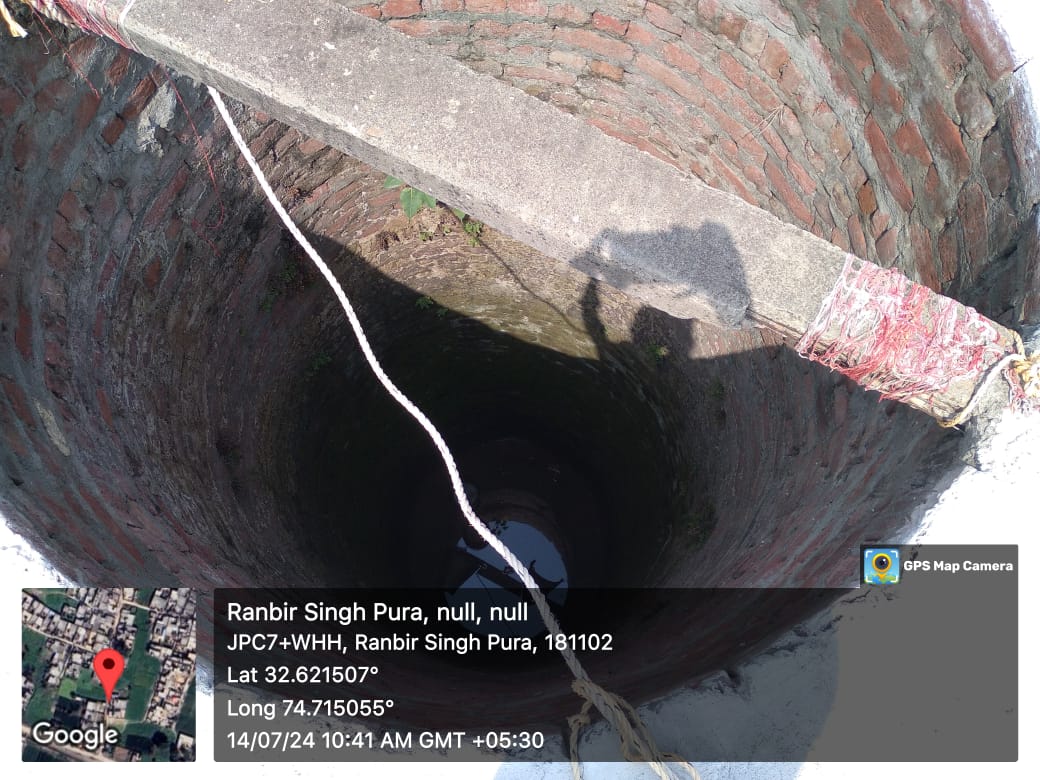
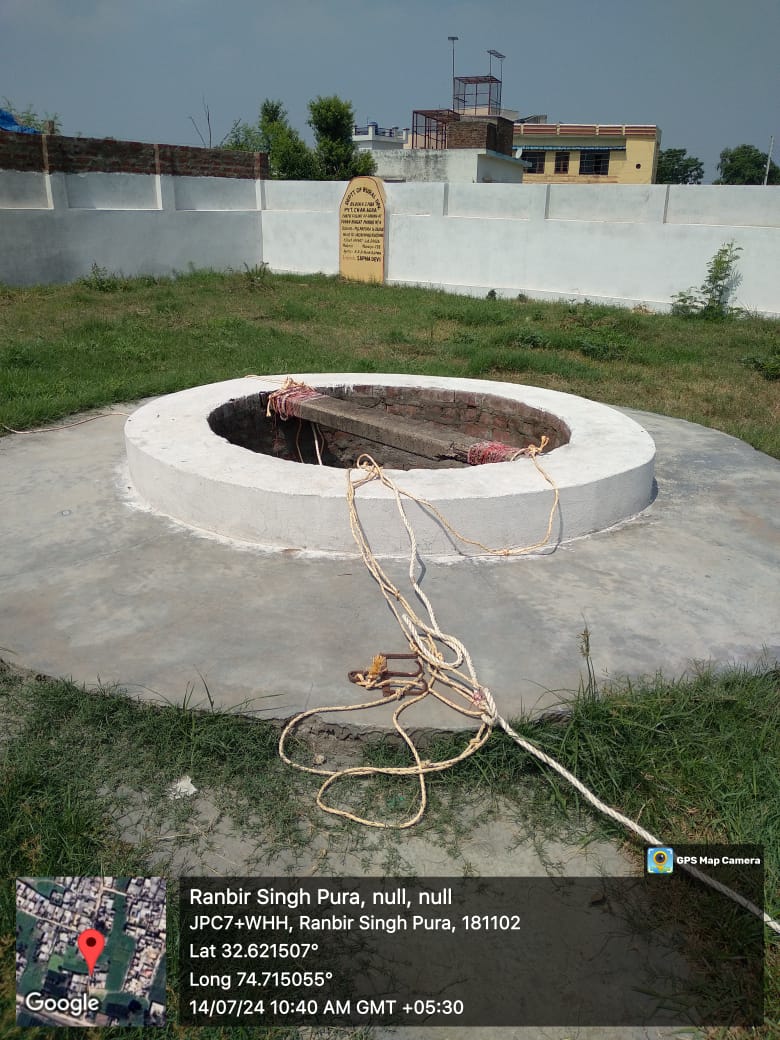
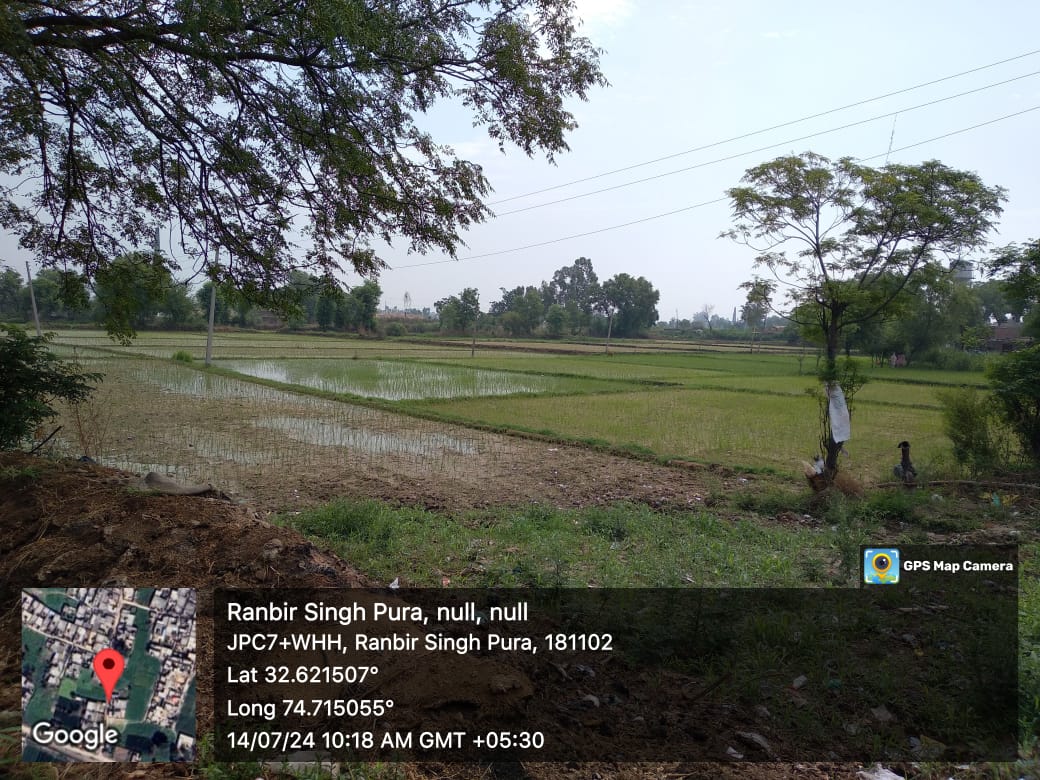
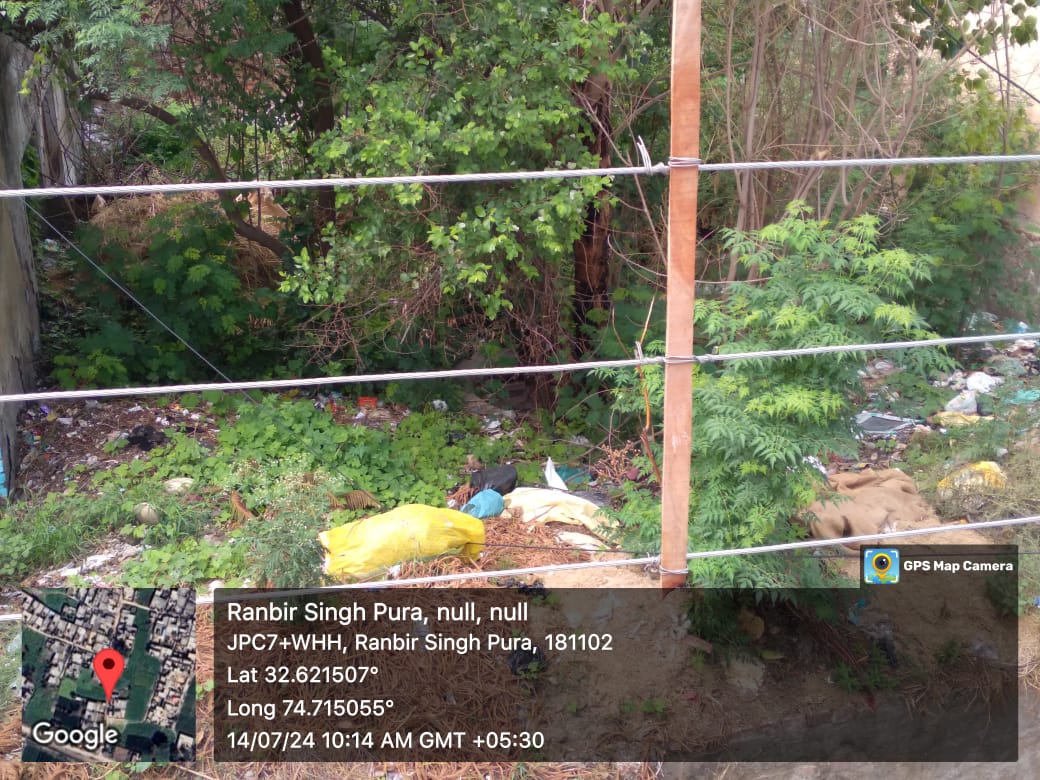
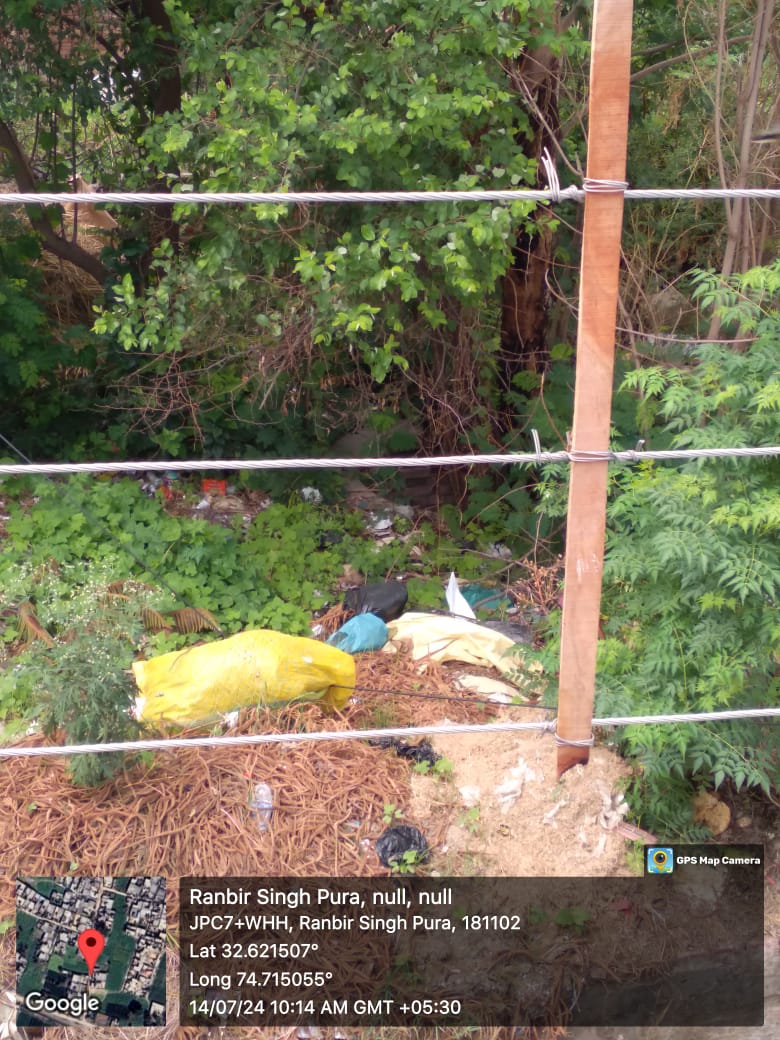
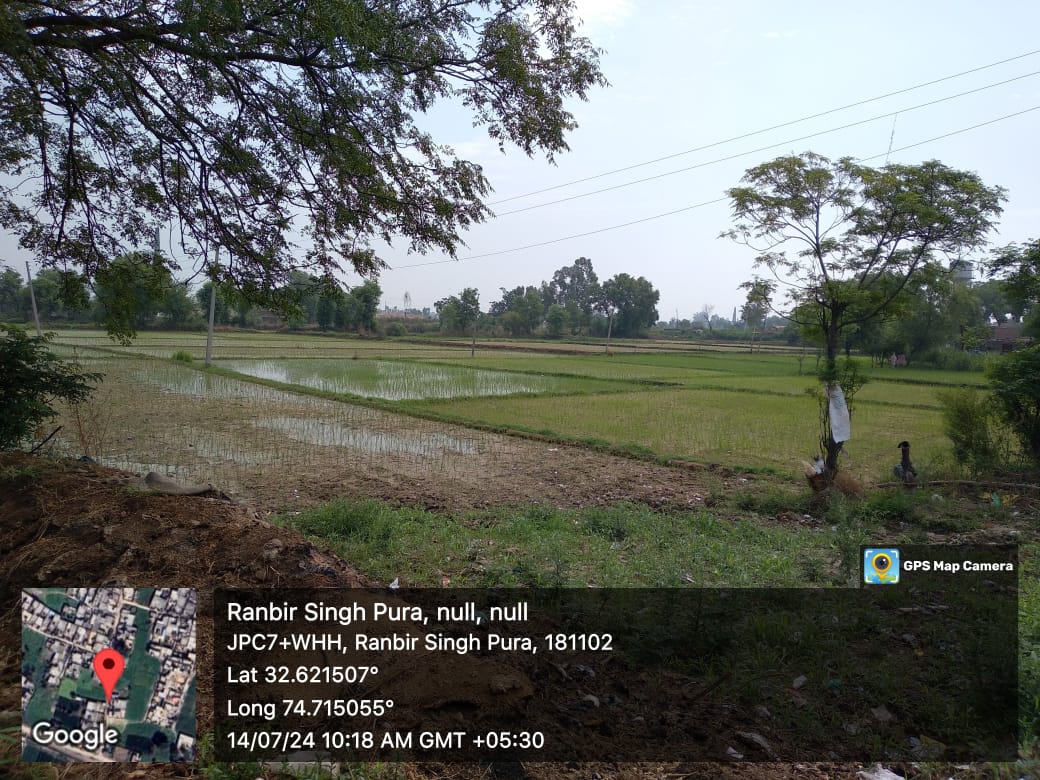
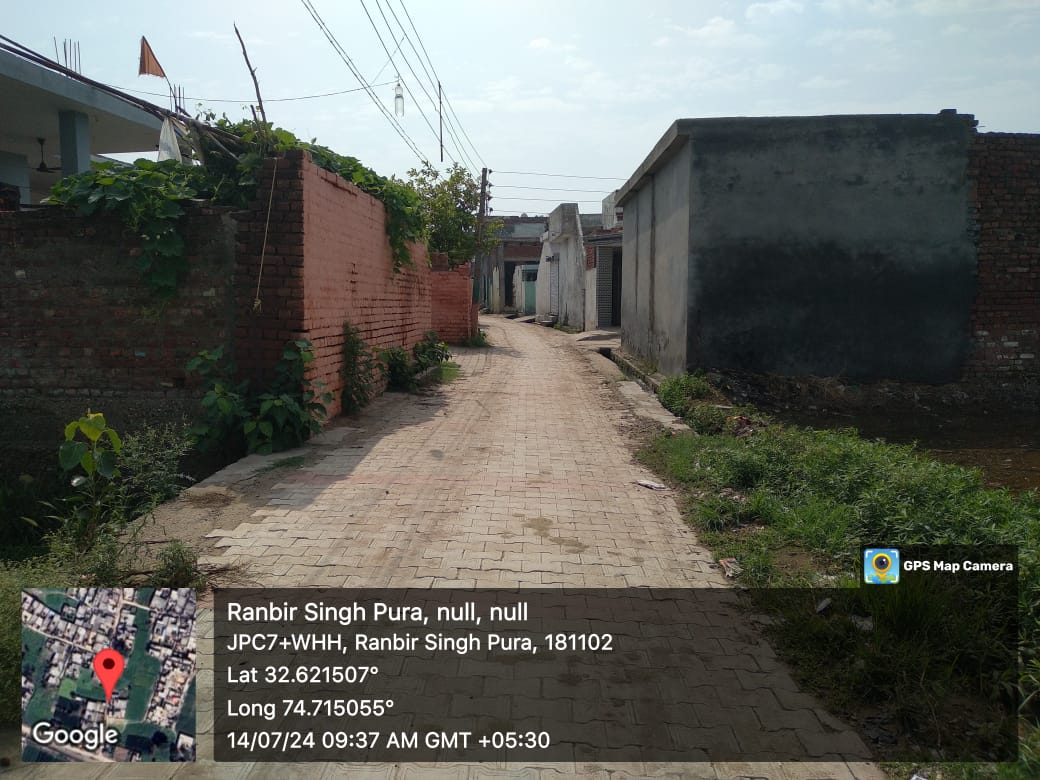
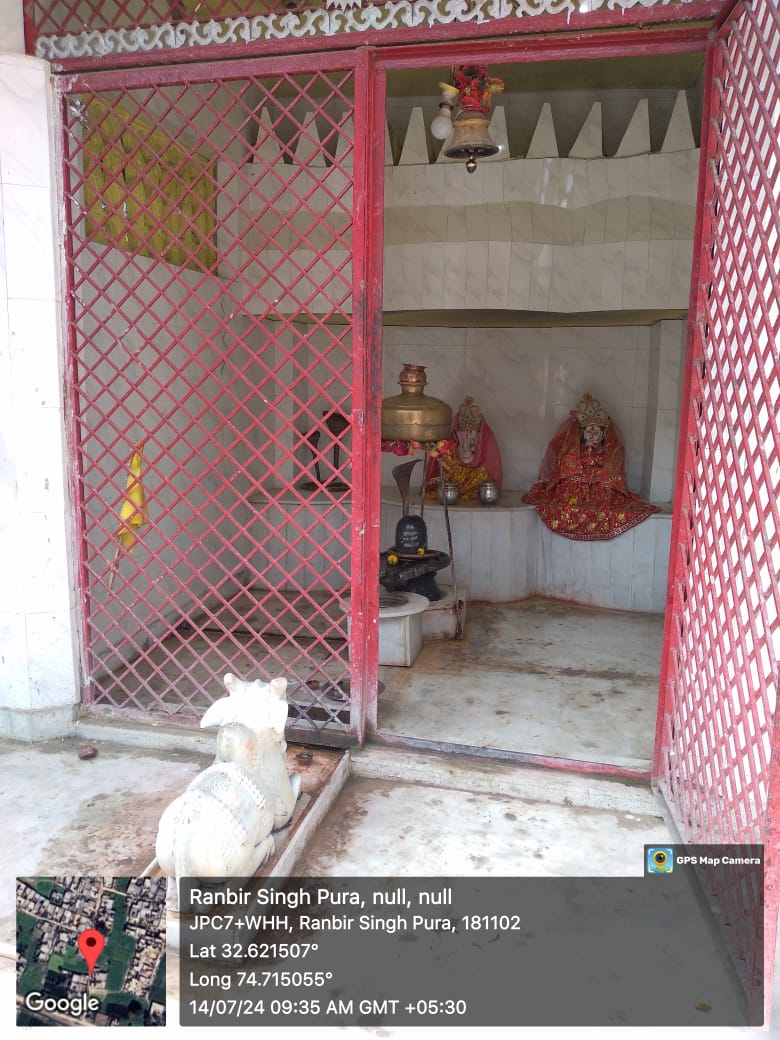
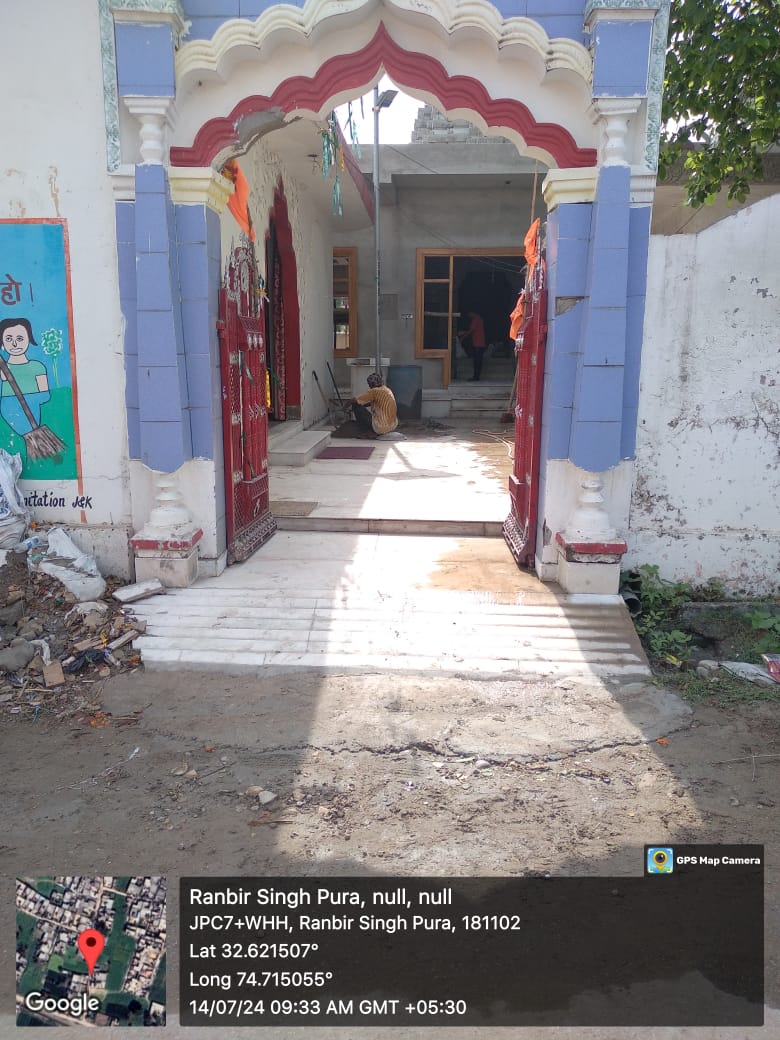
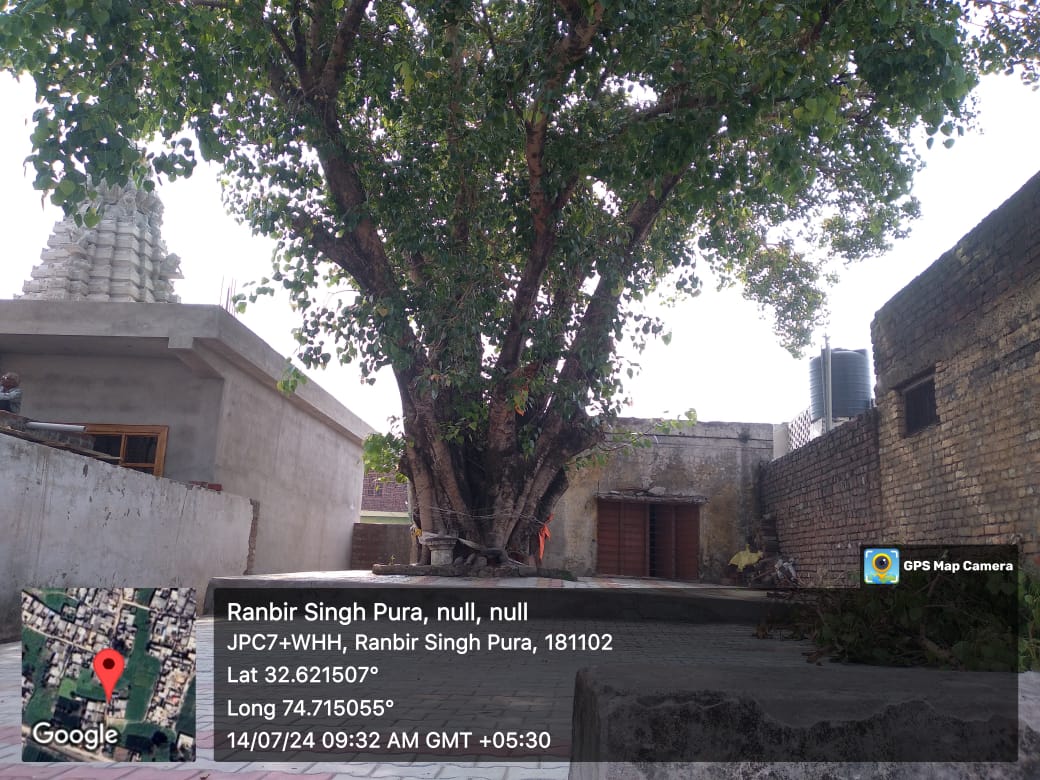
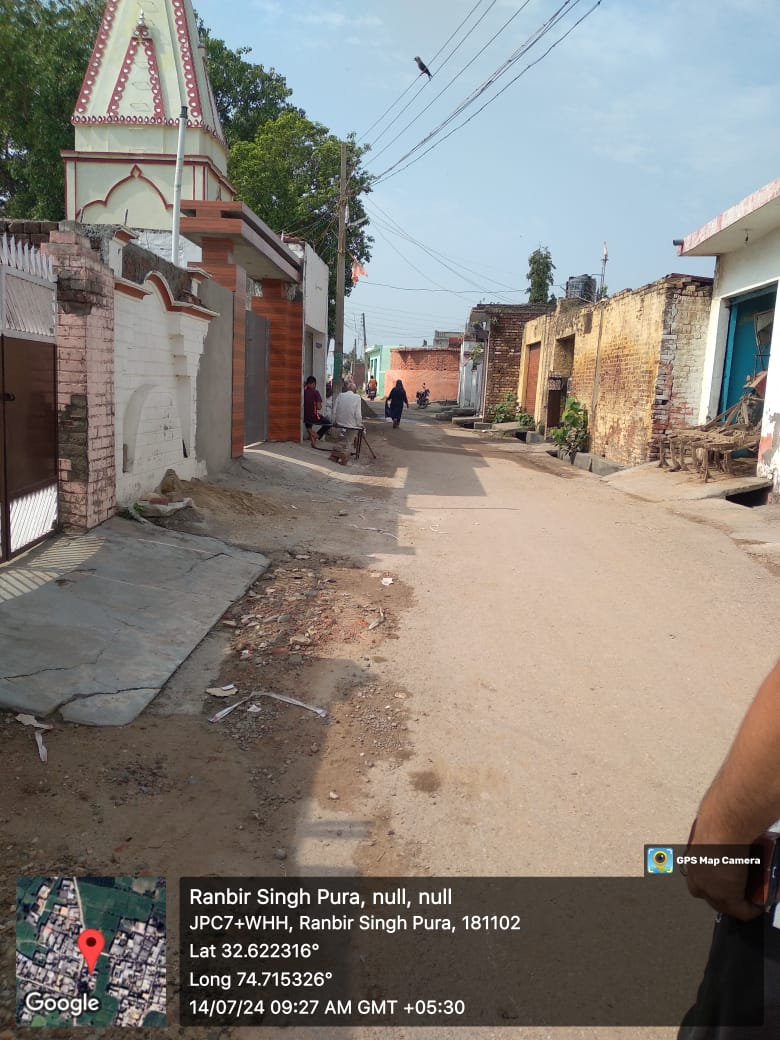
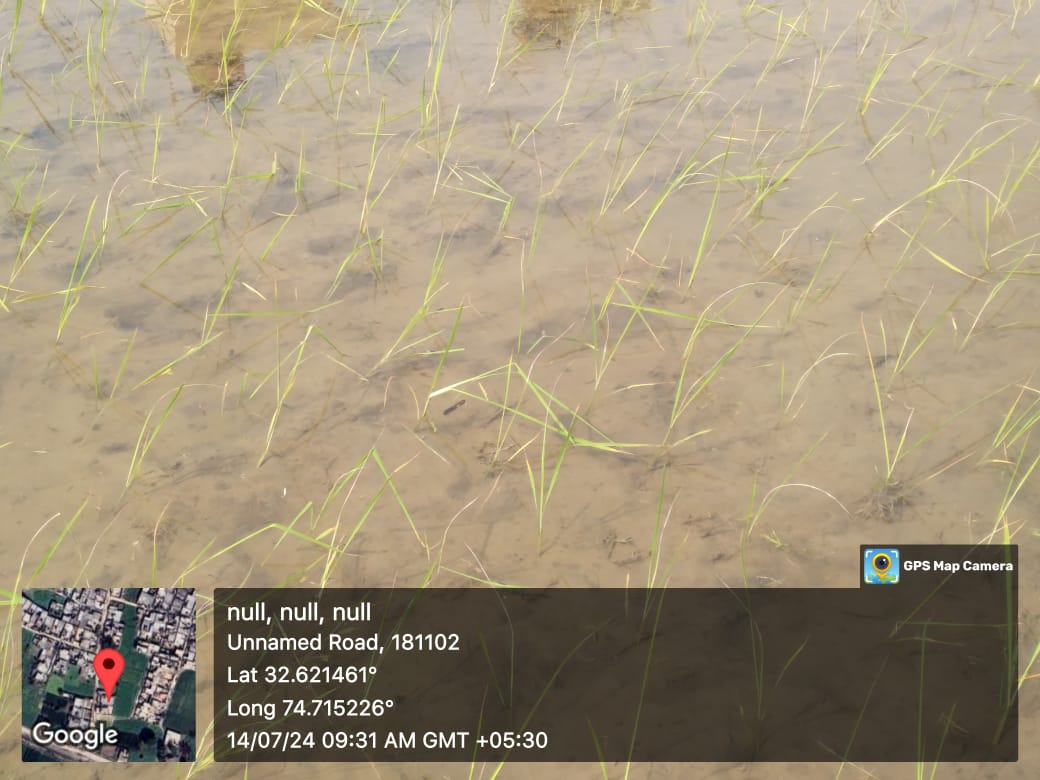
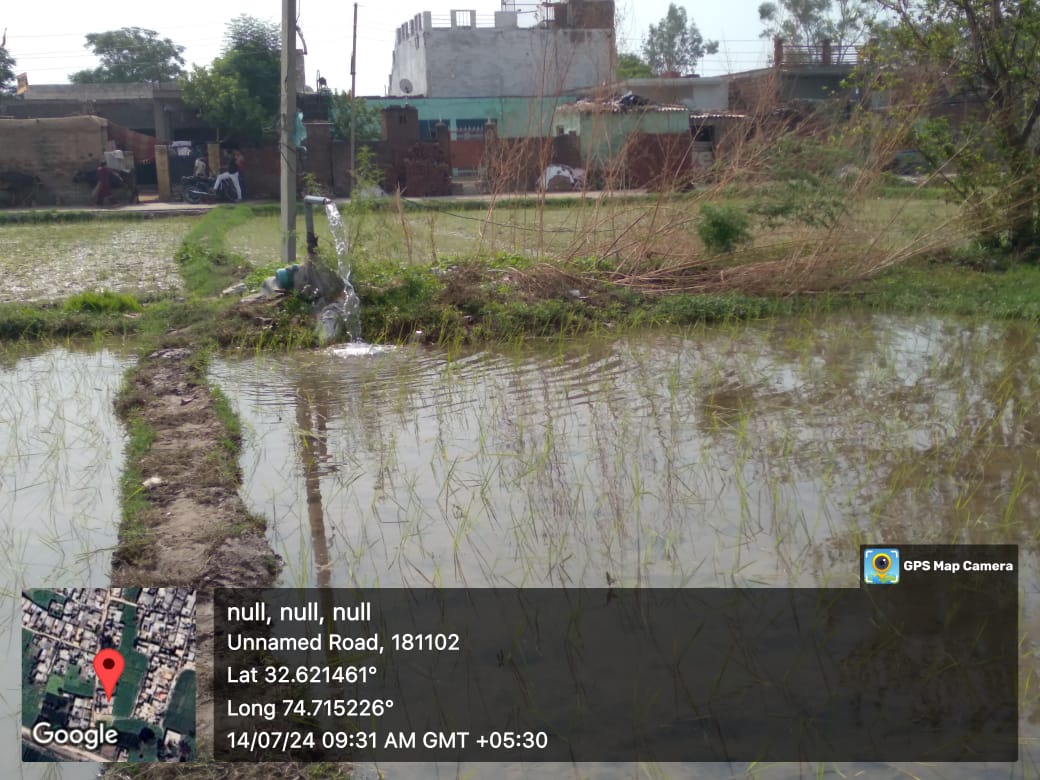
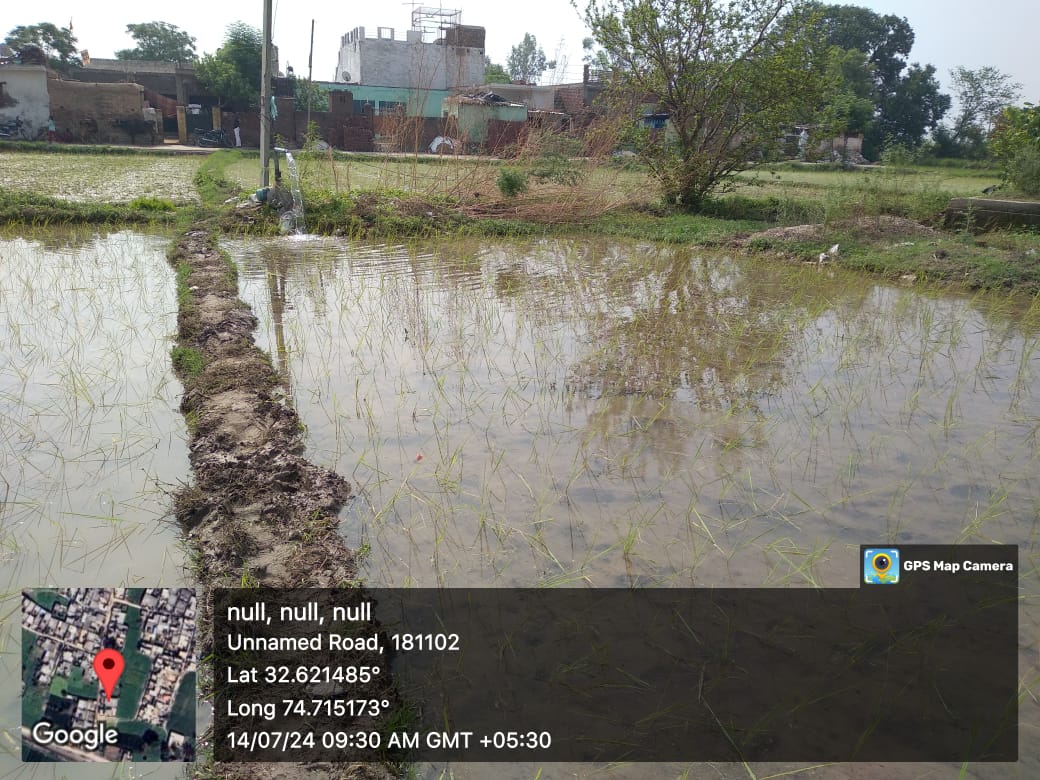
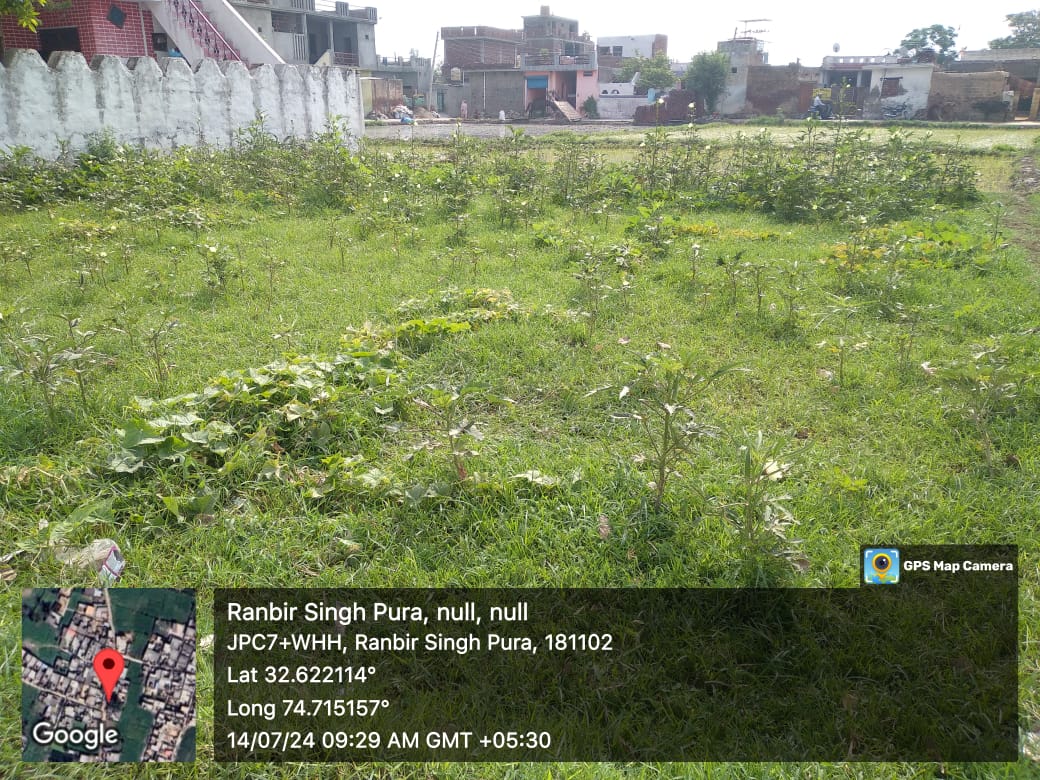
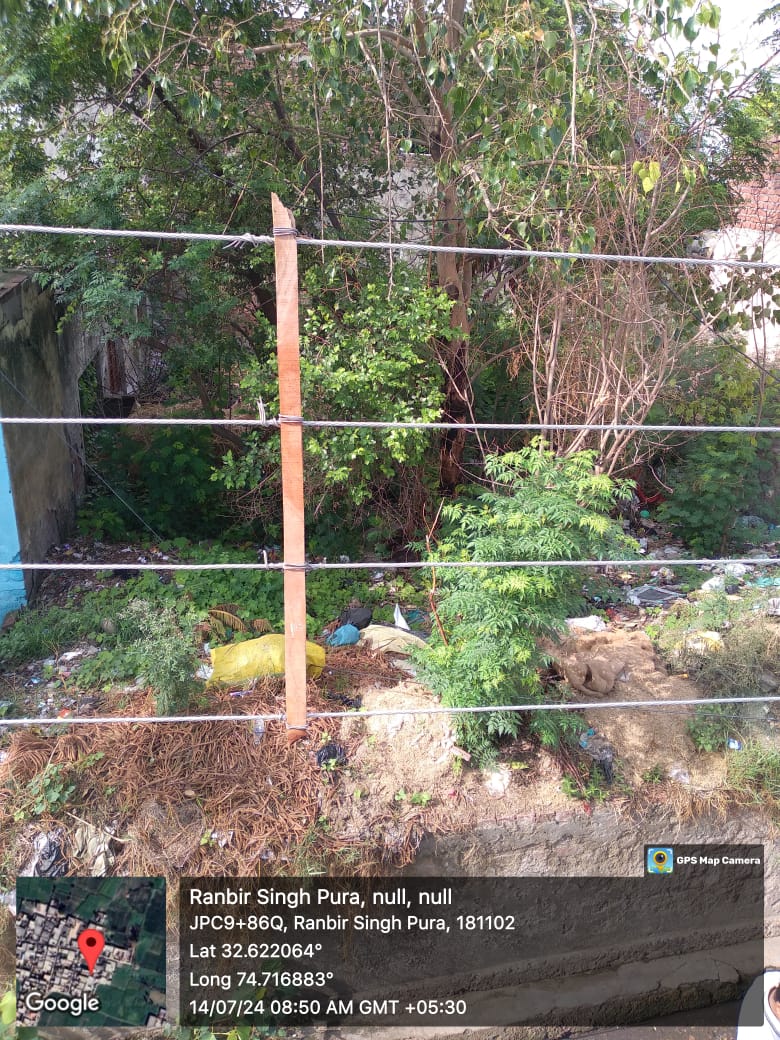
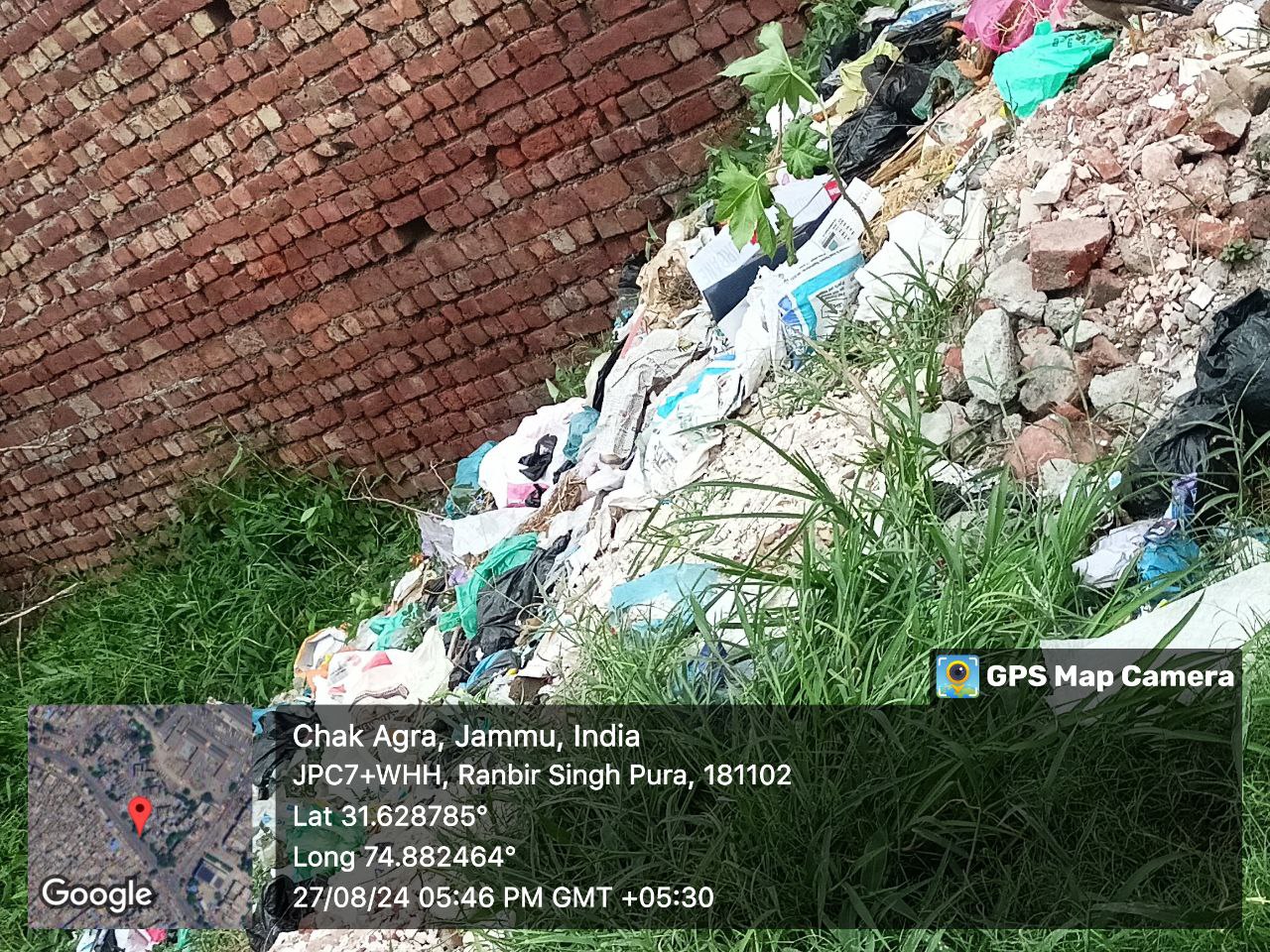
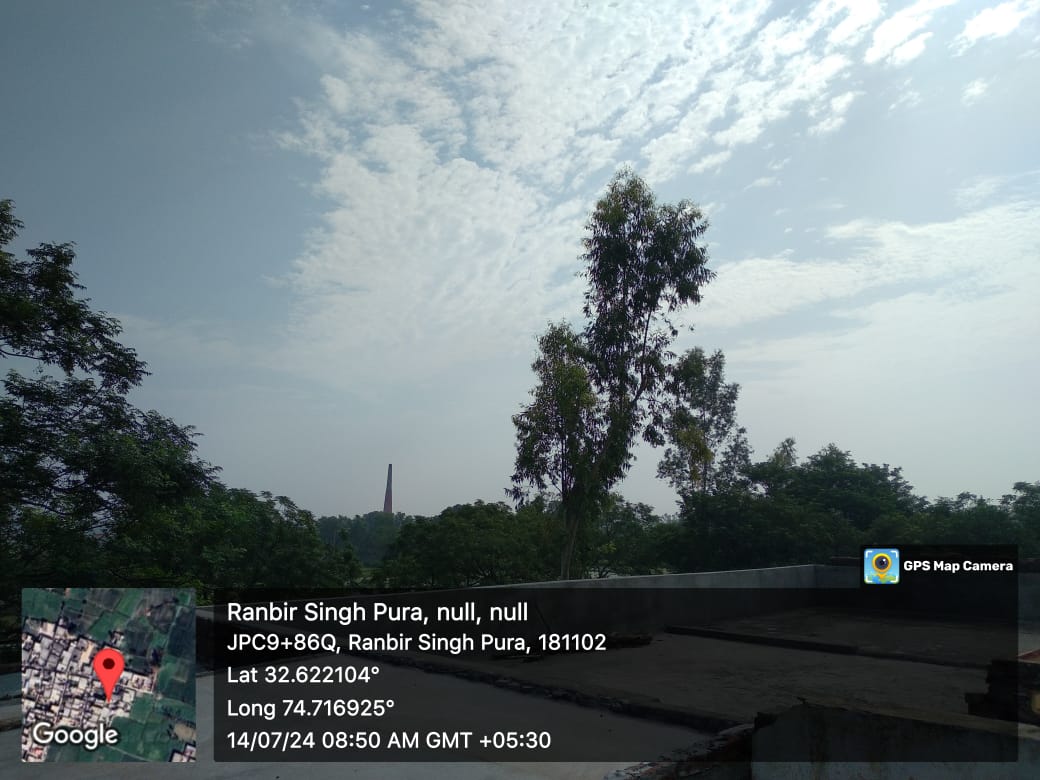
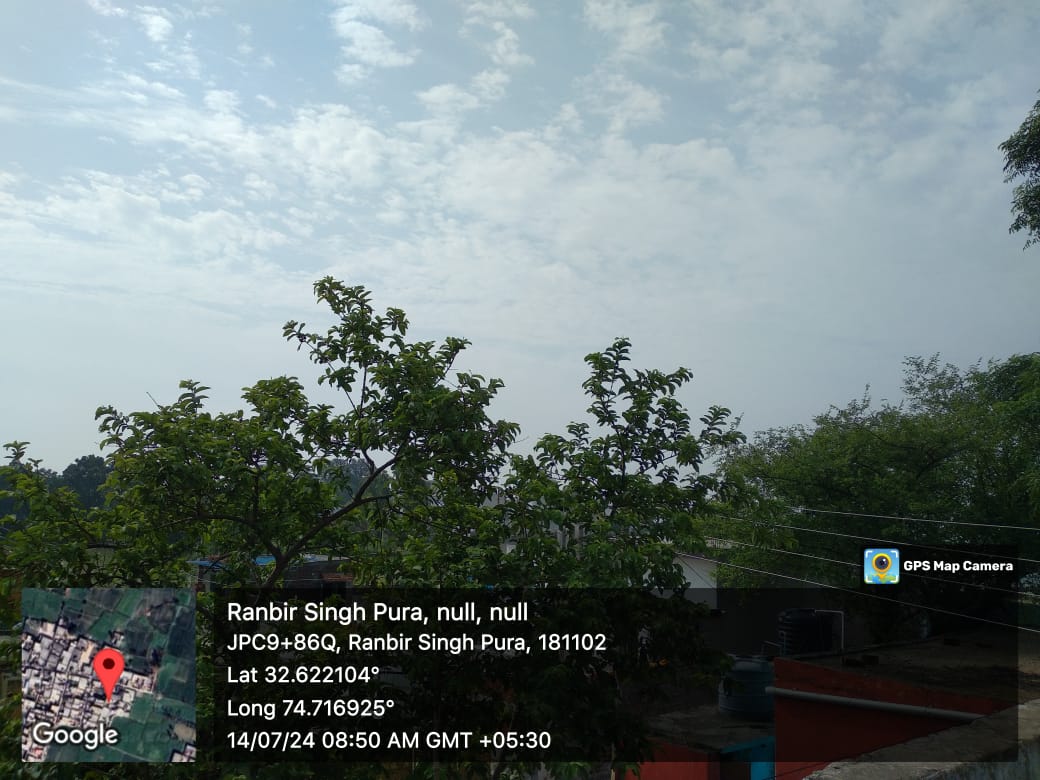
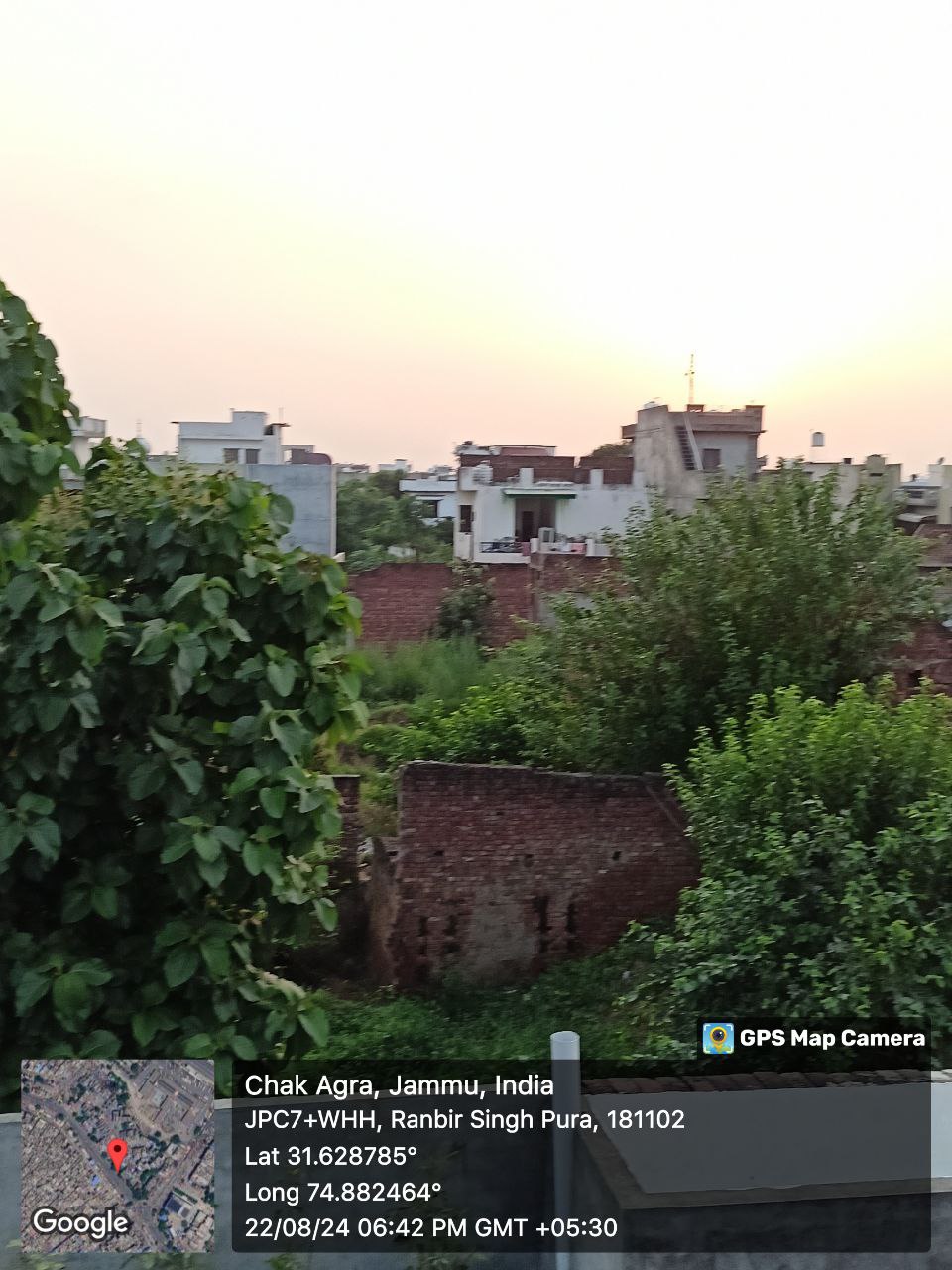
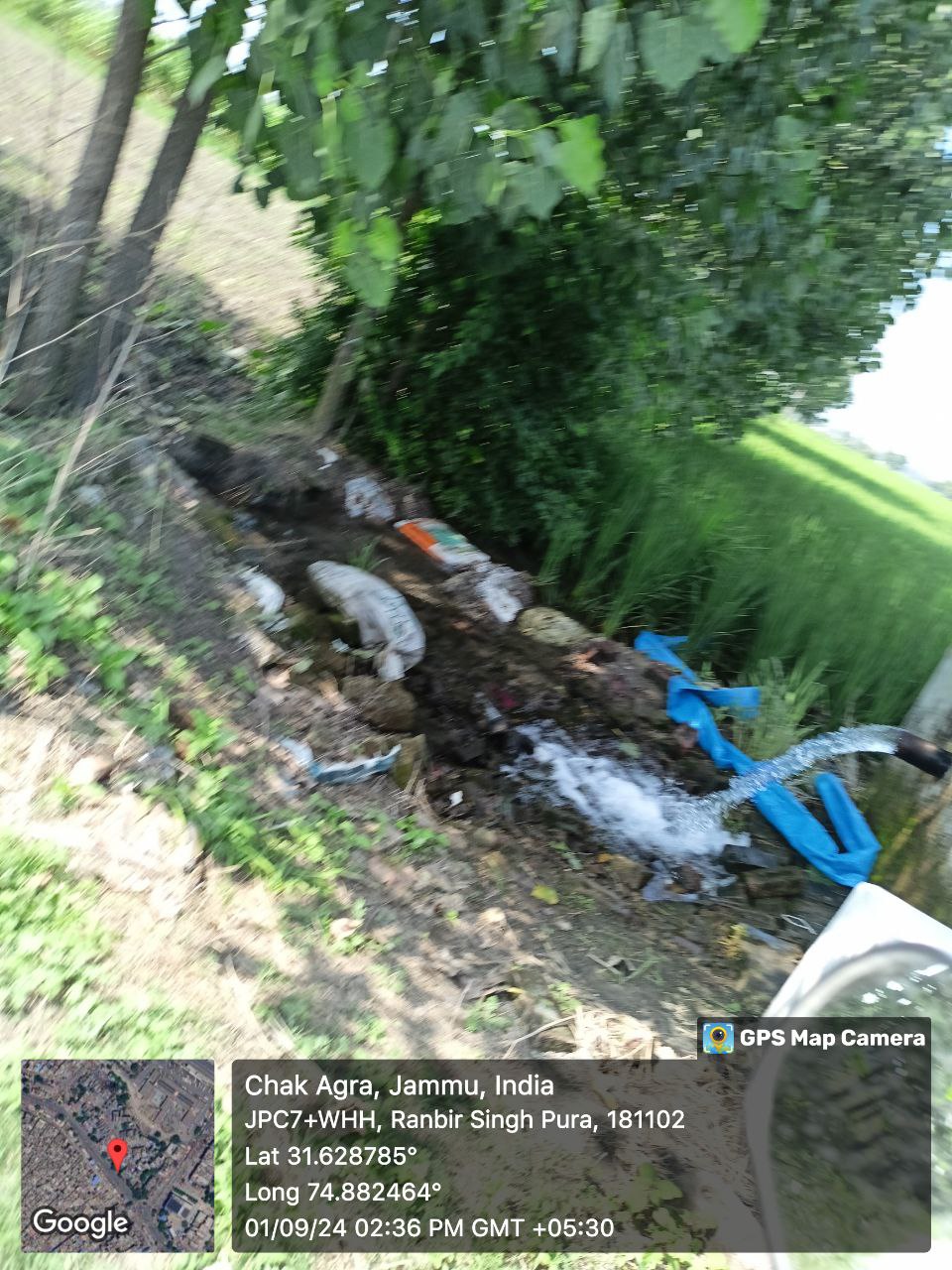
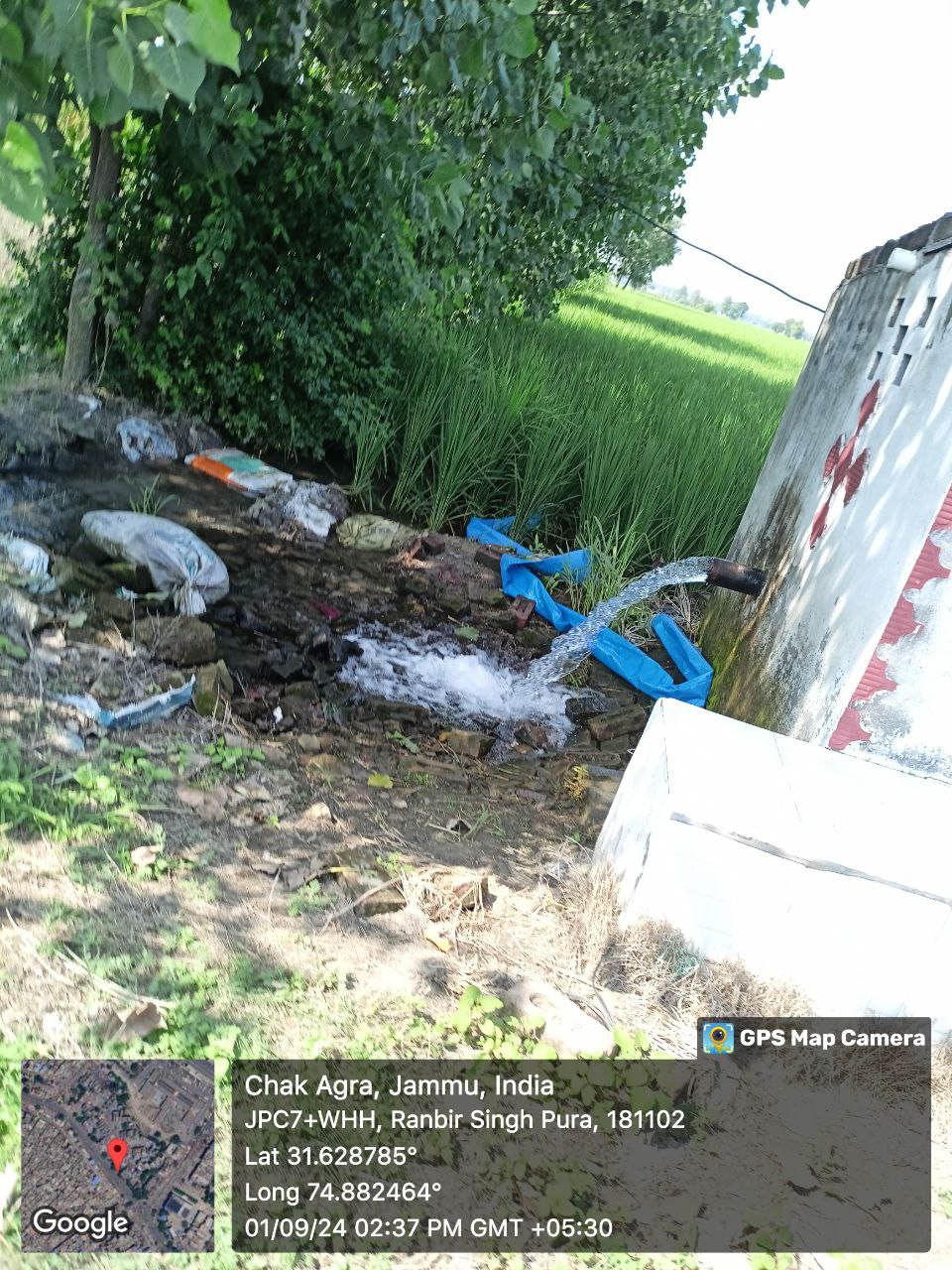
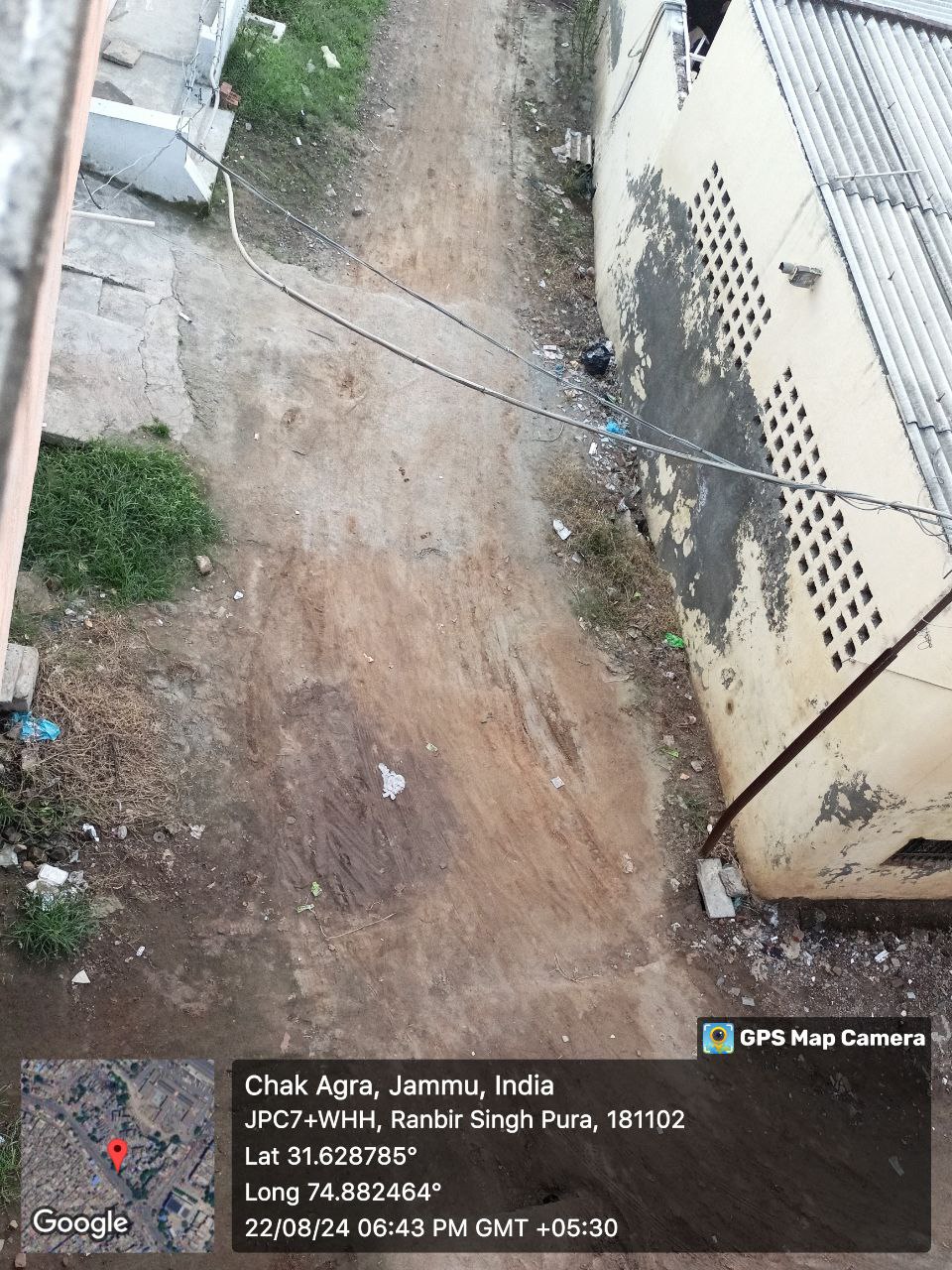
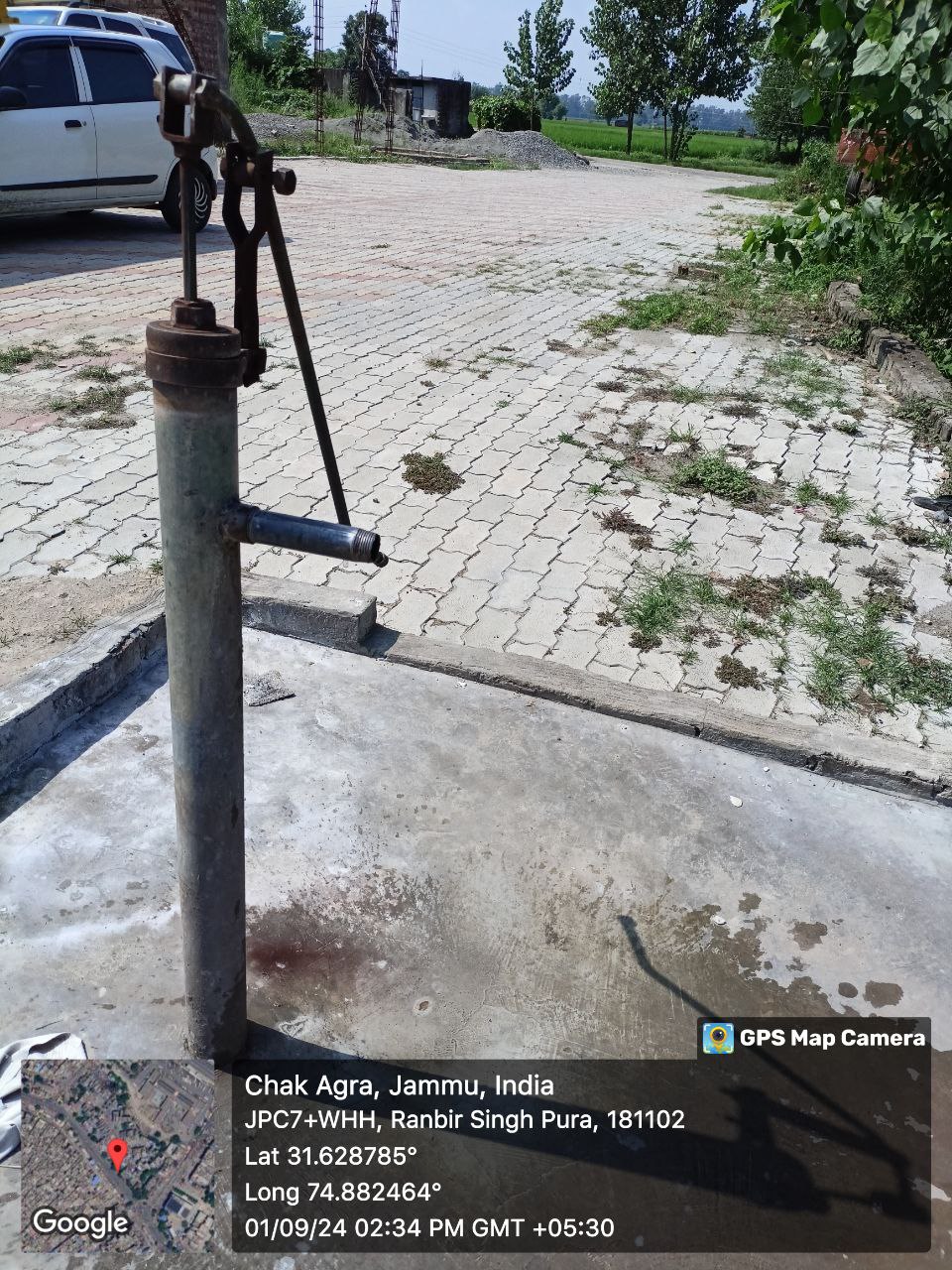

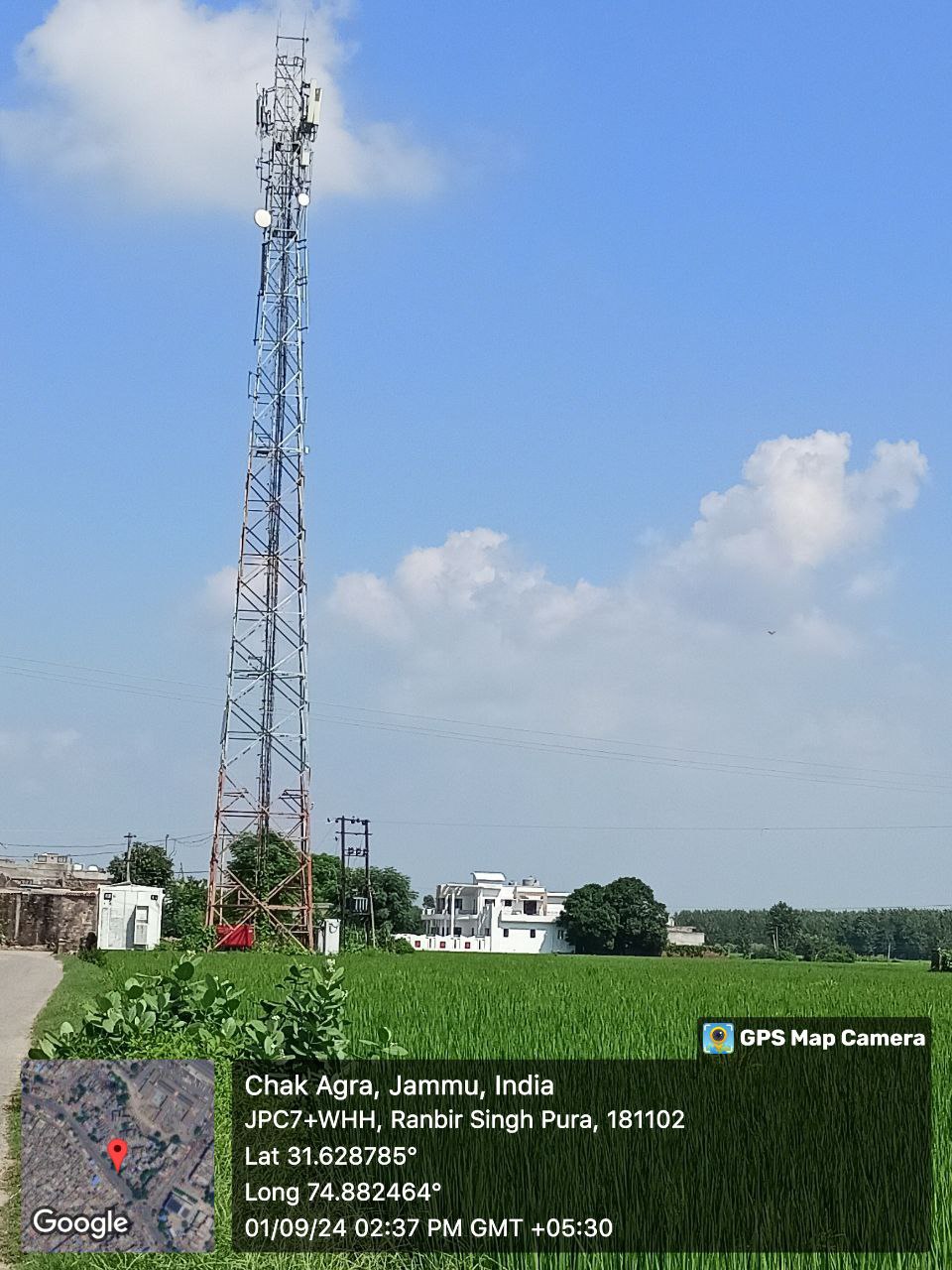
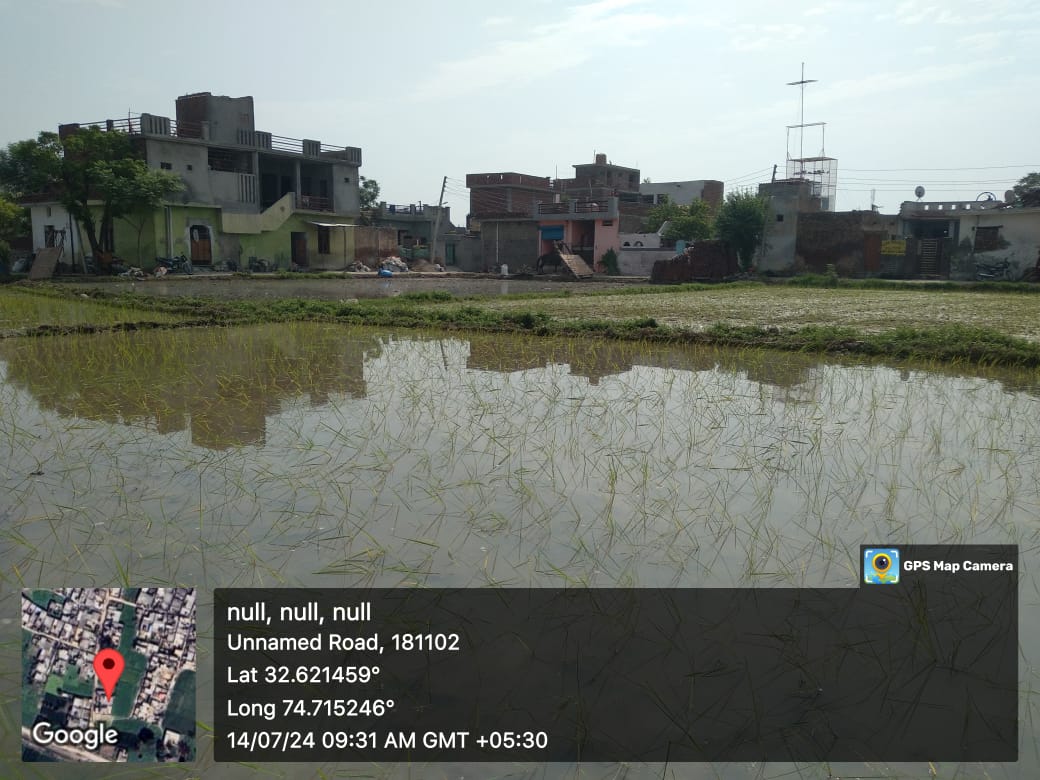
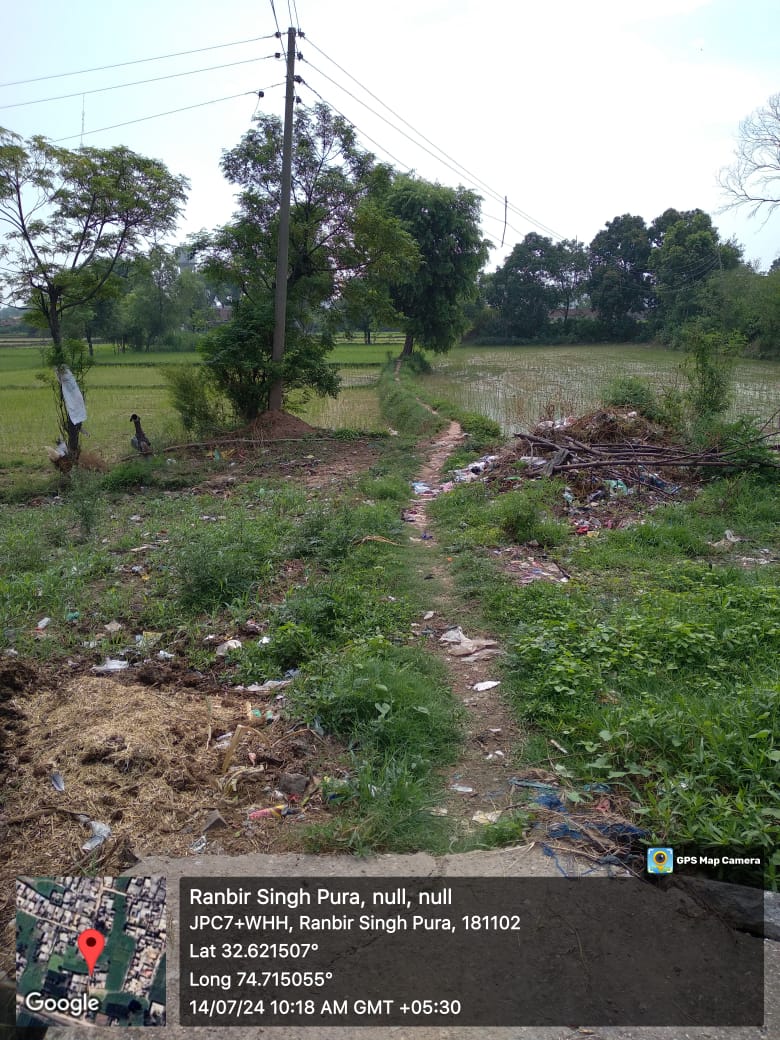
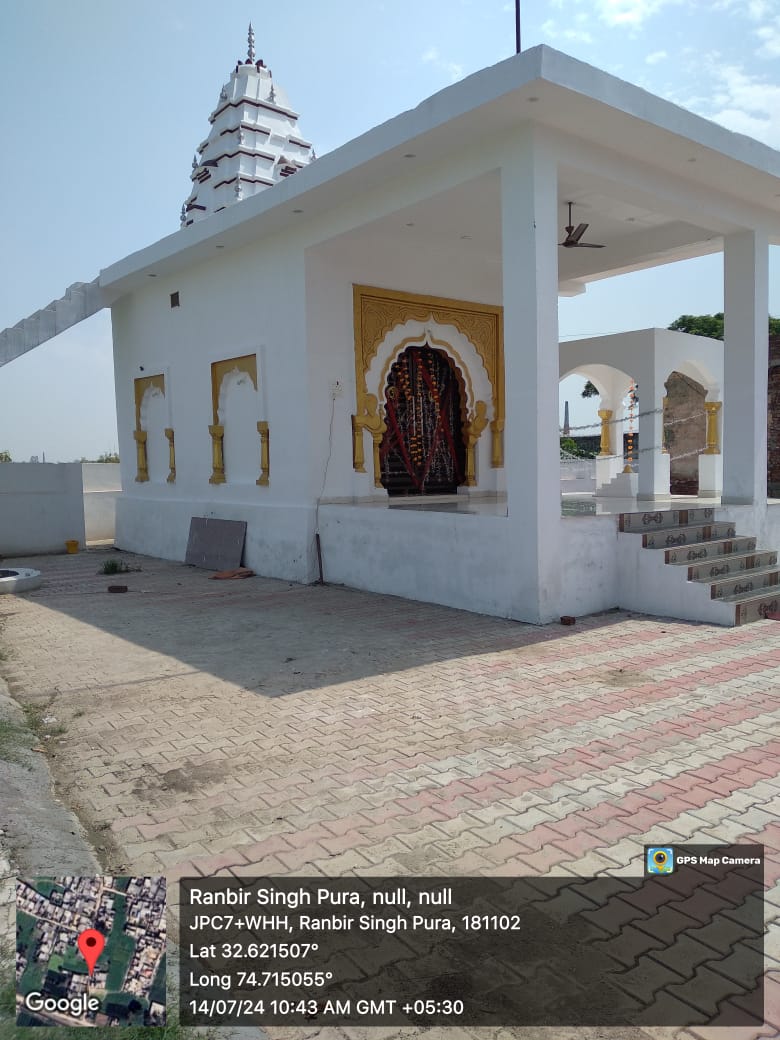
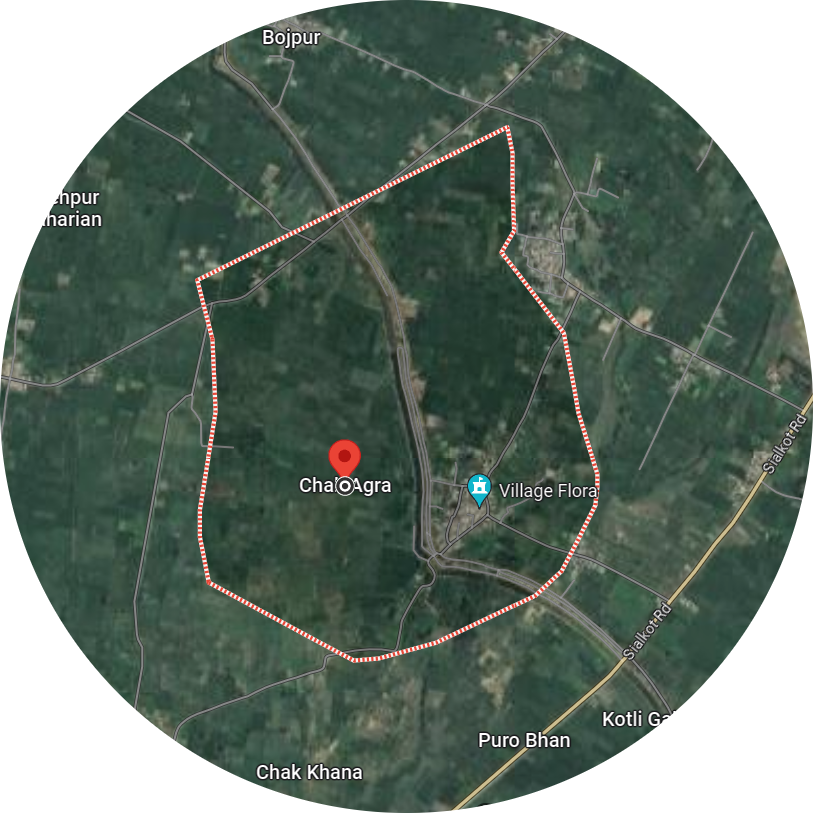
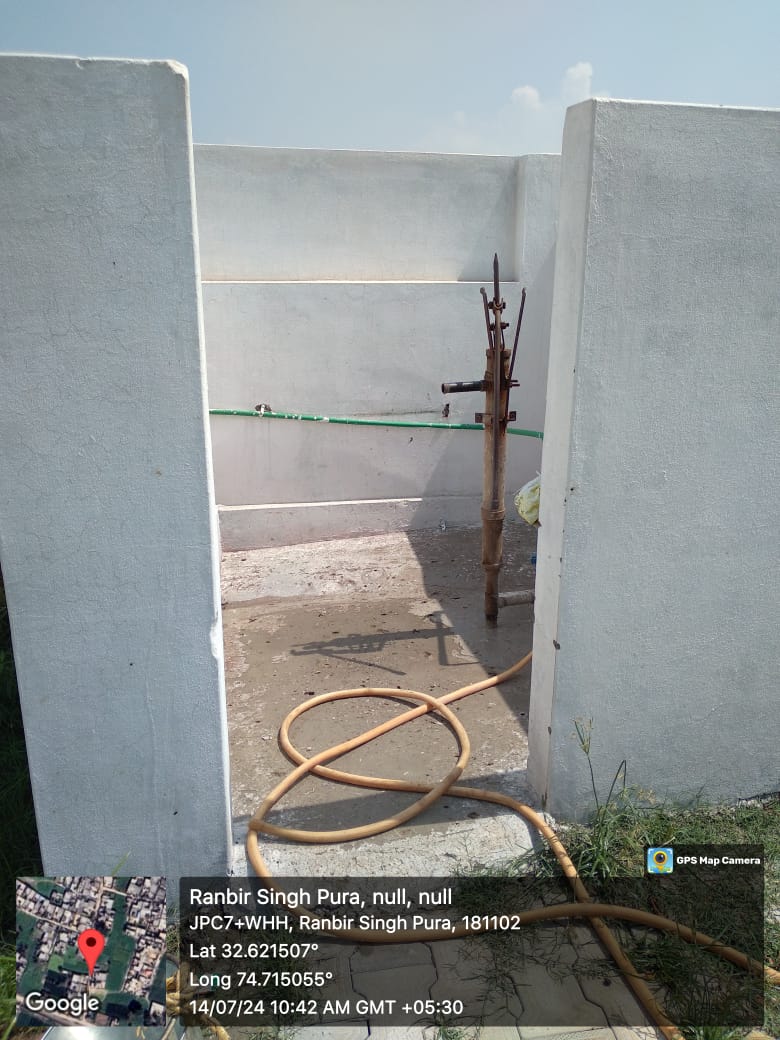
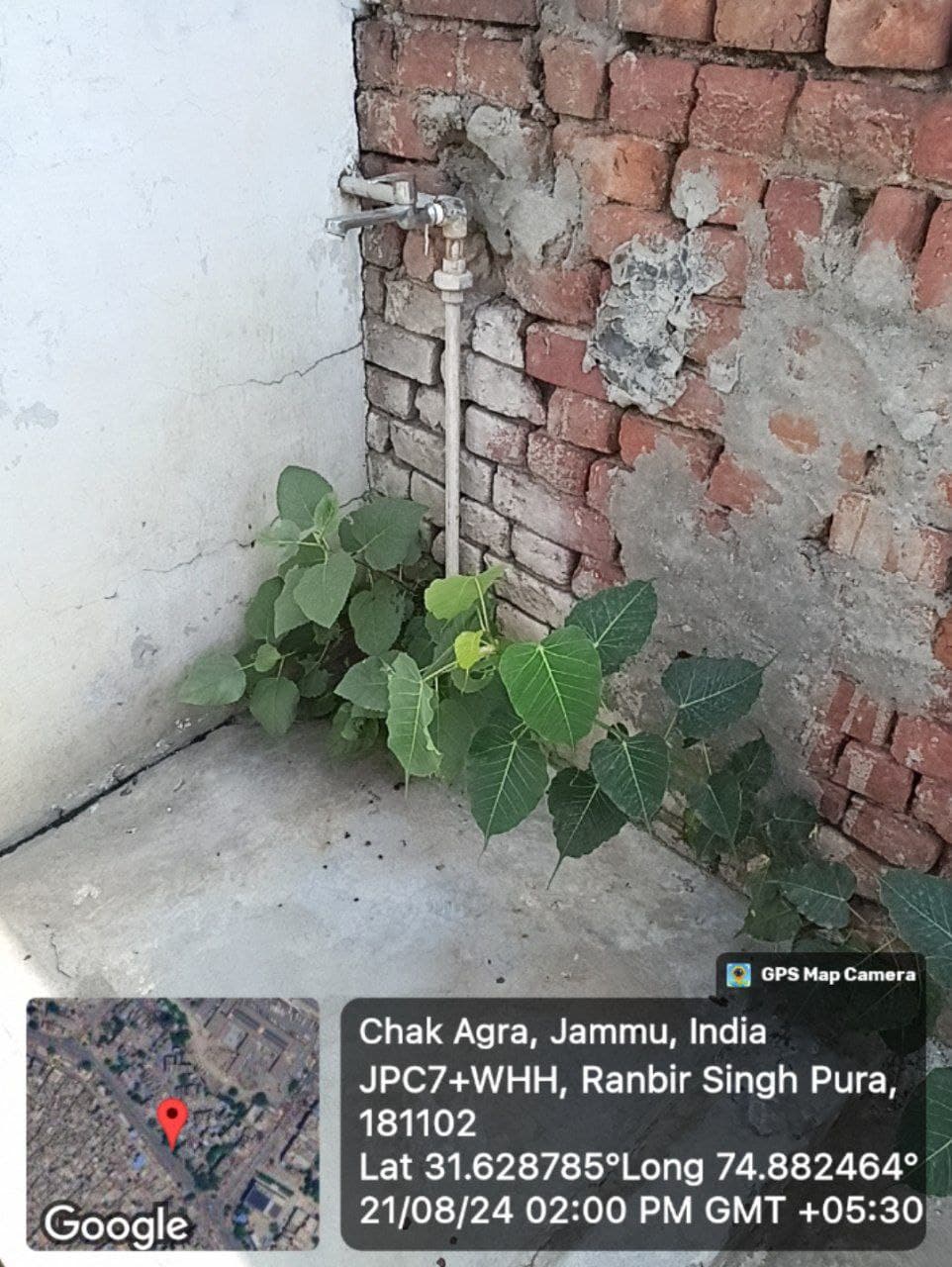
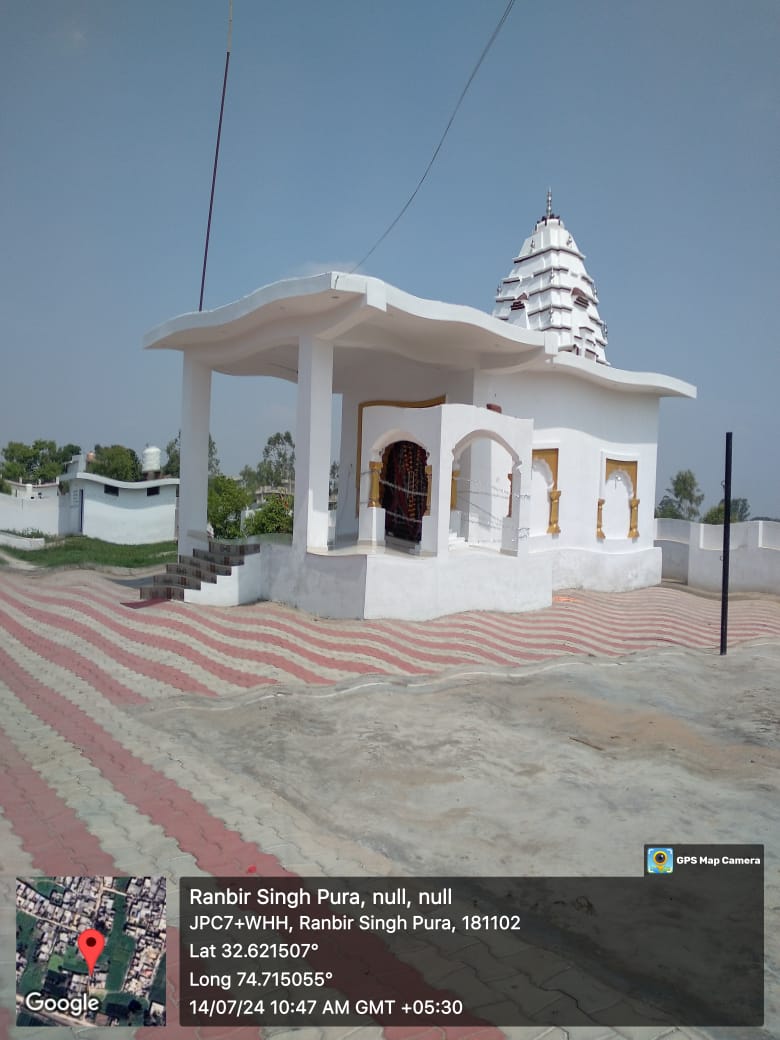
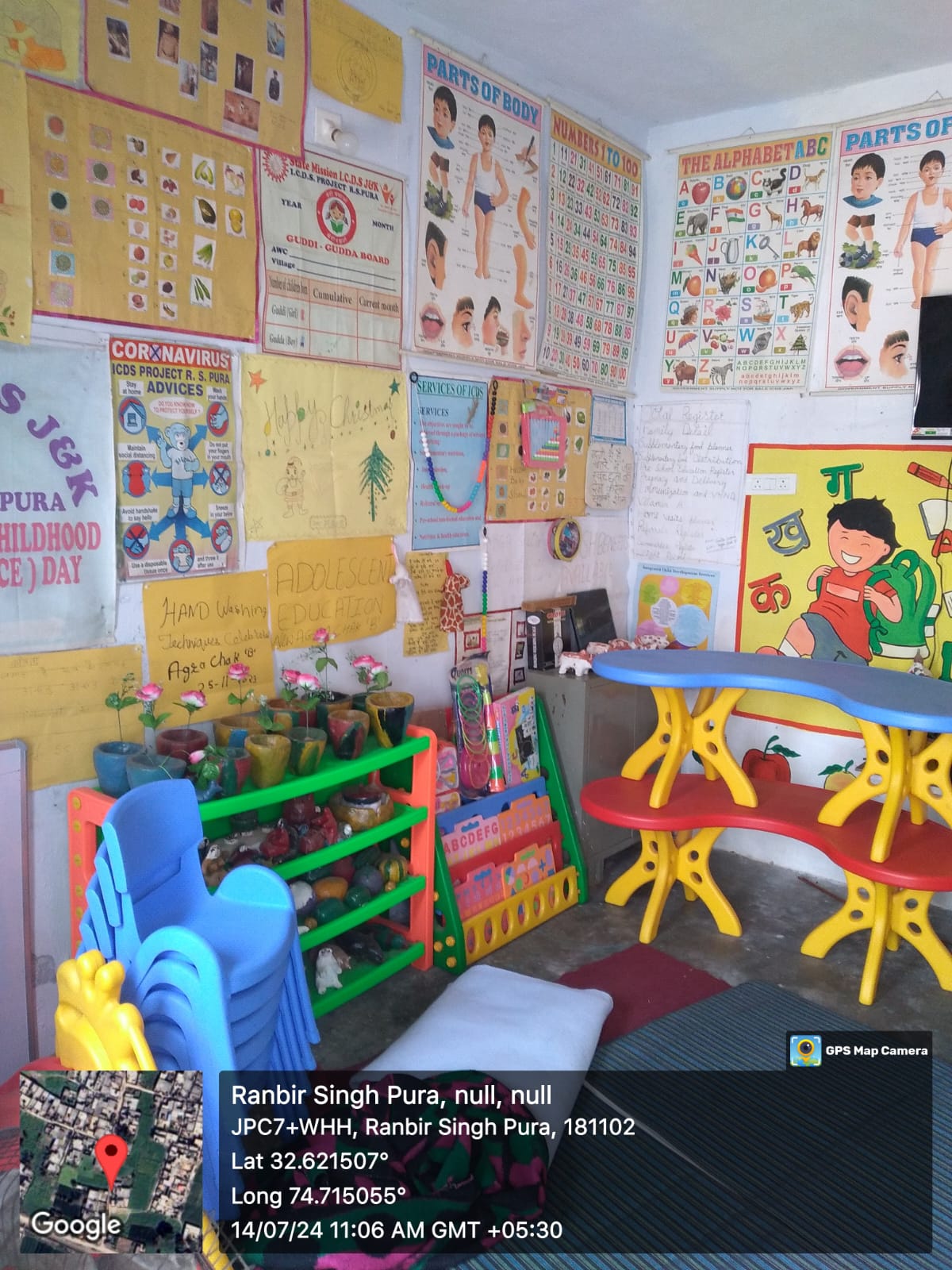
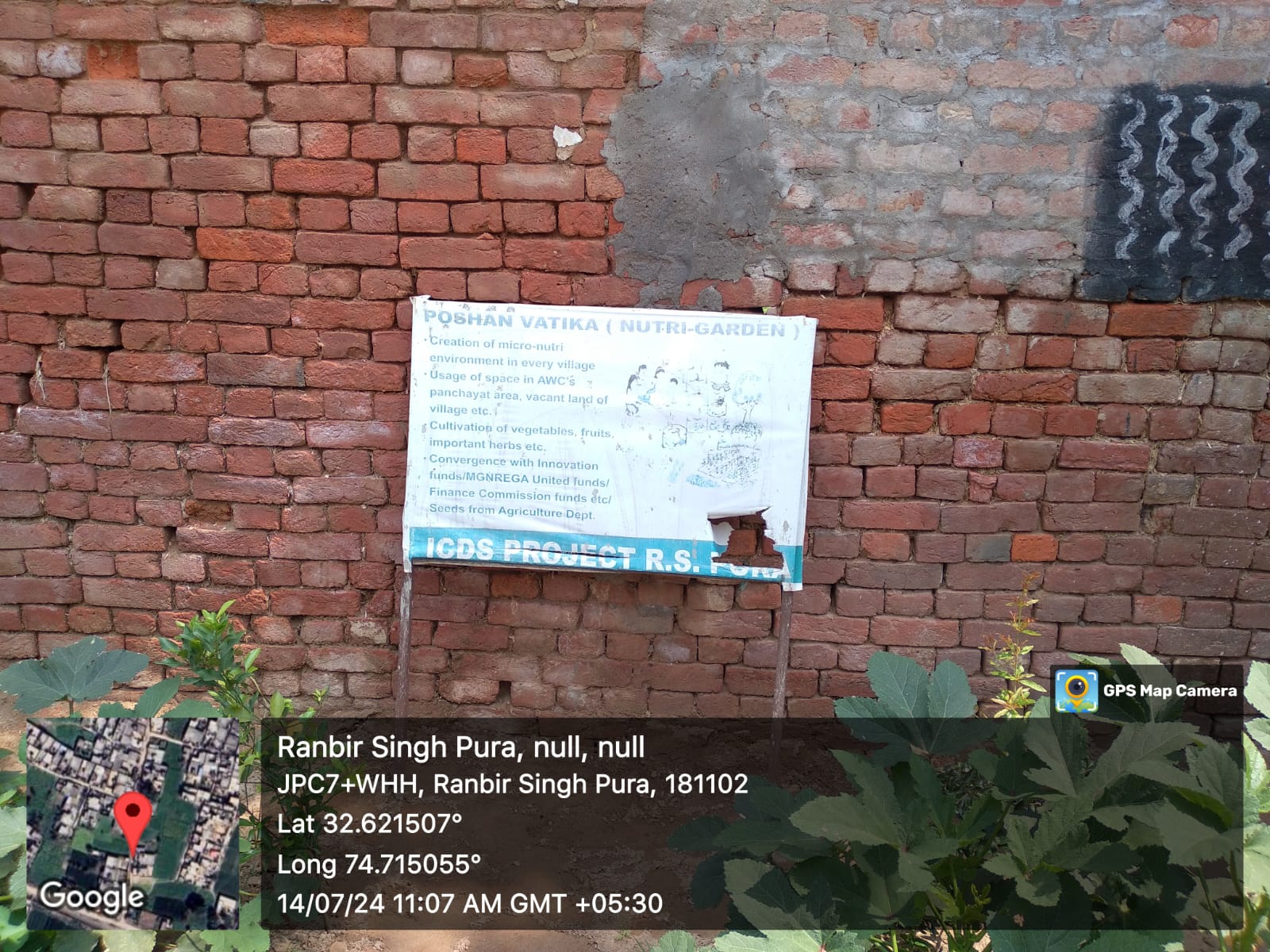
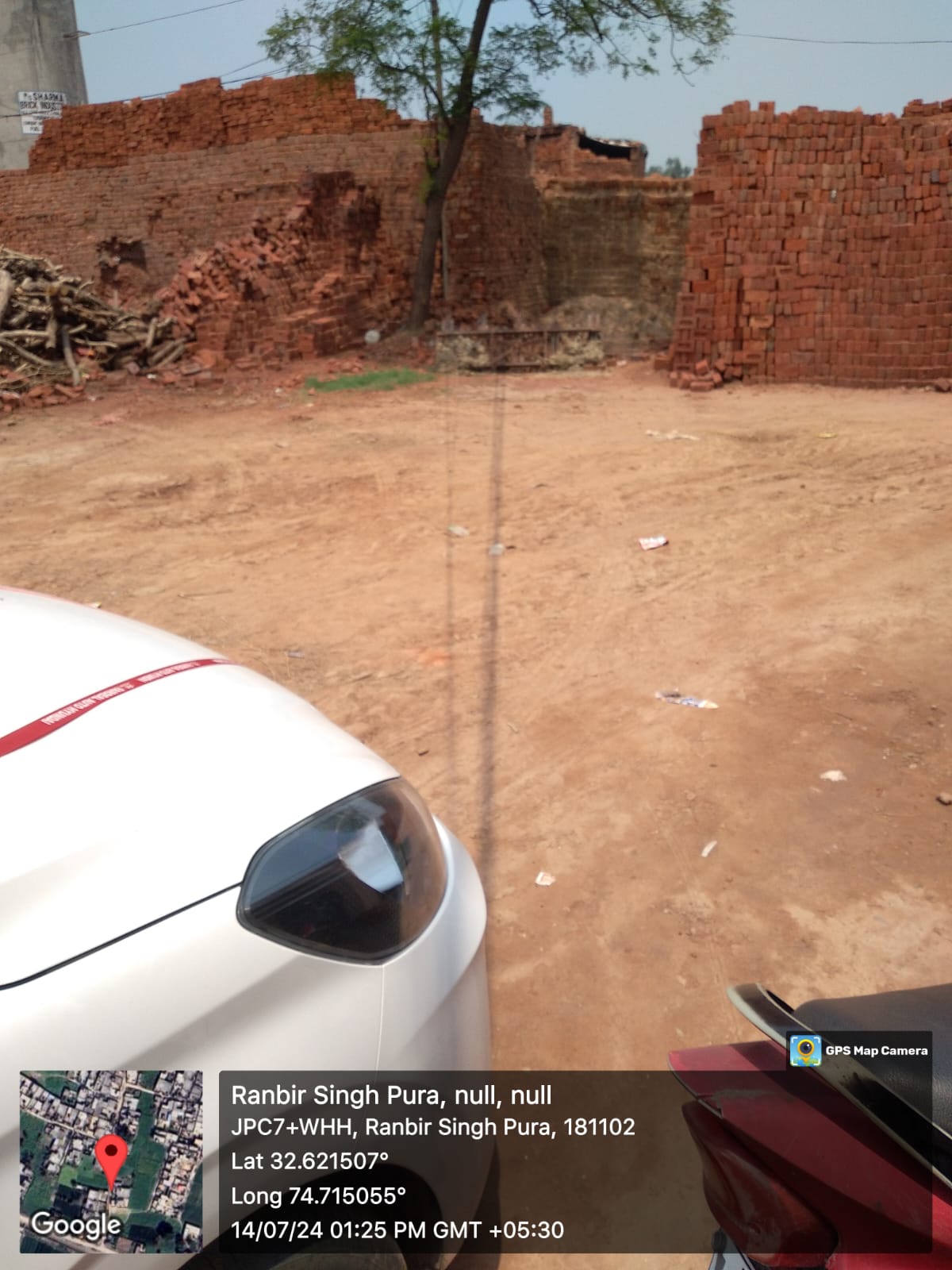
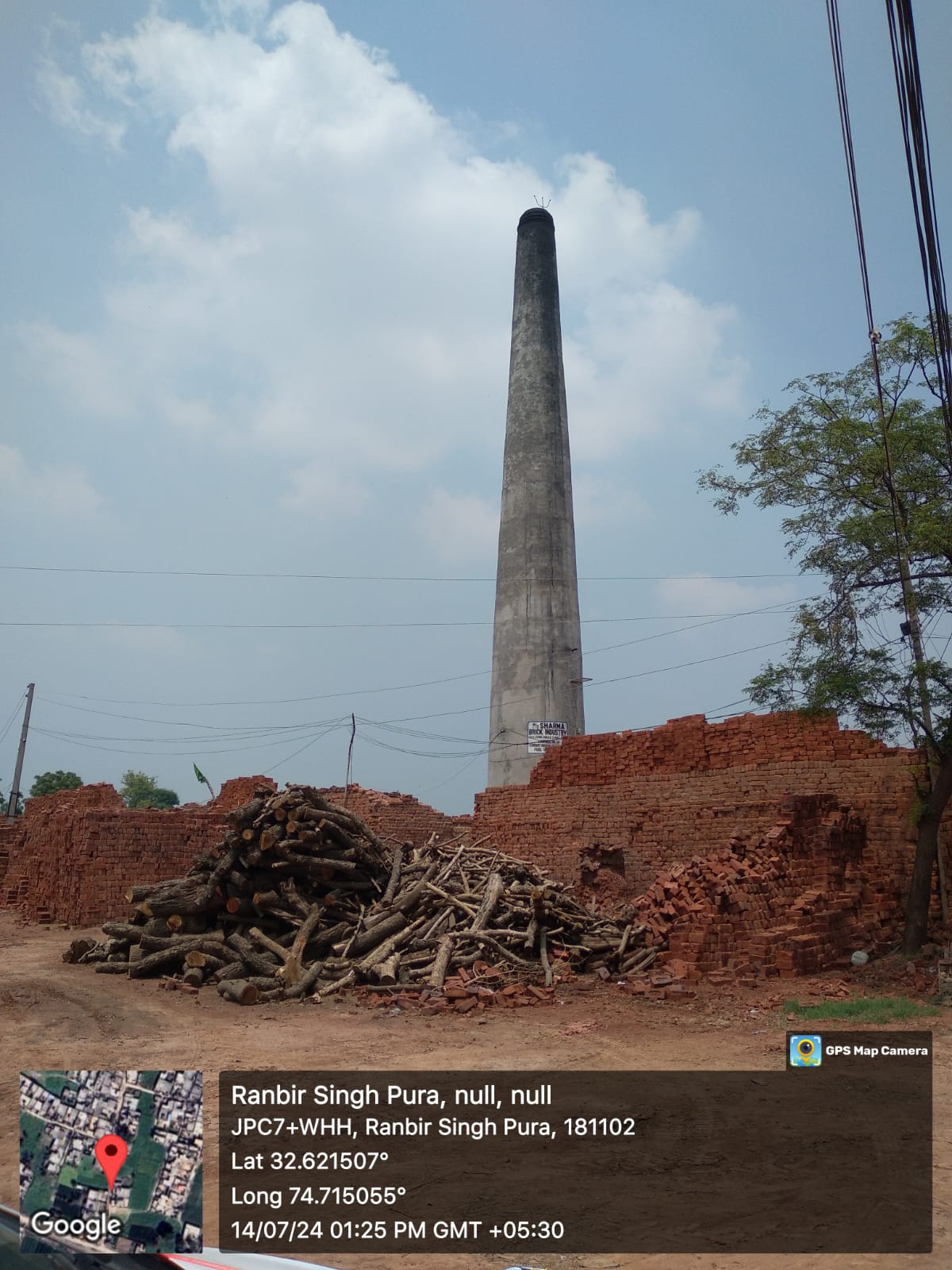
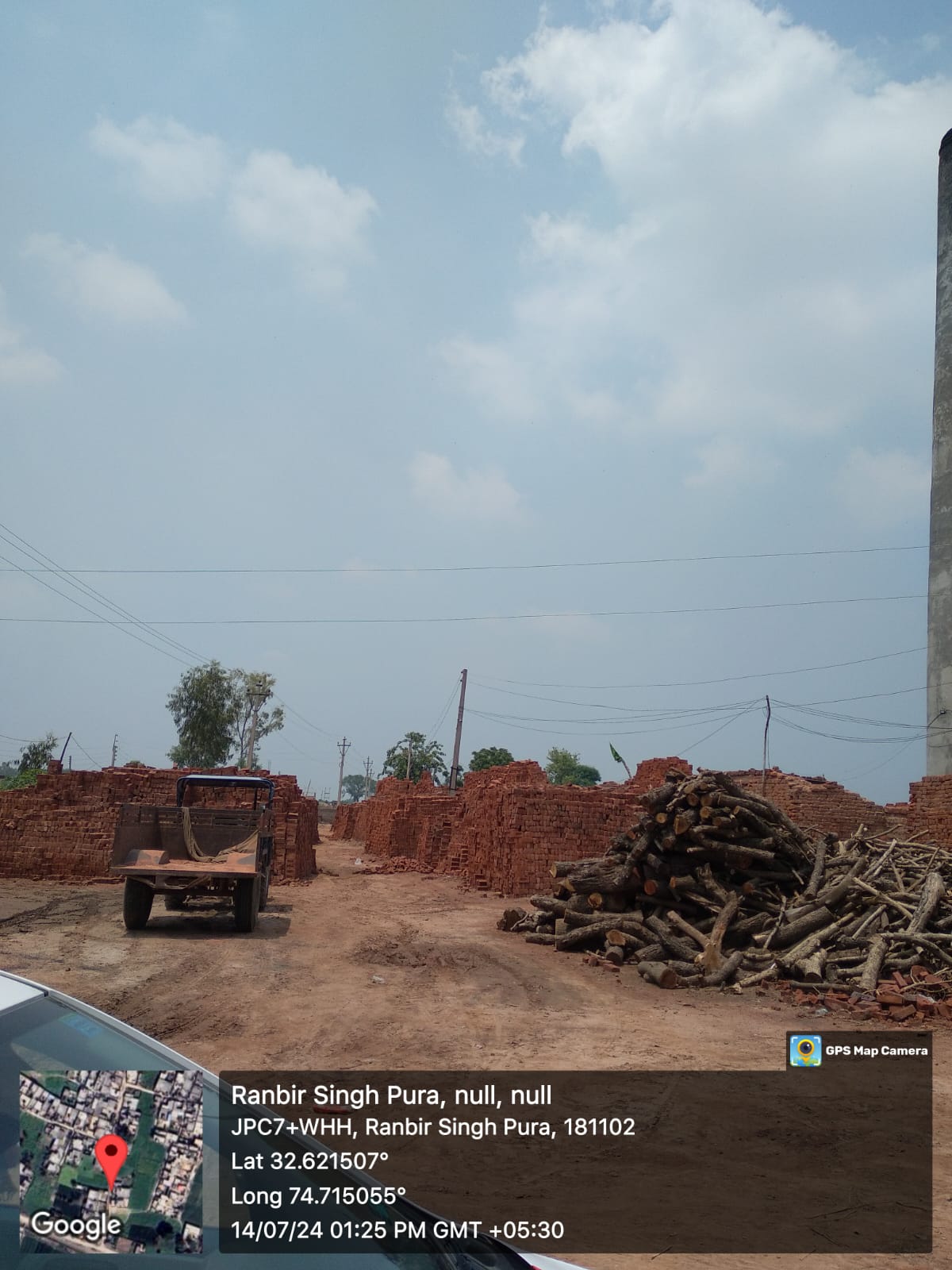



Nice Description and presentation.